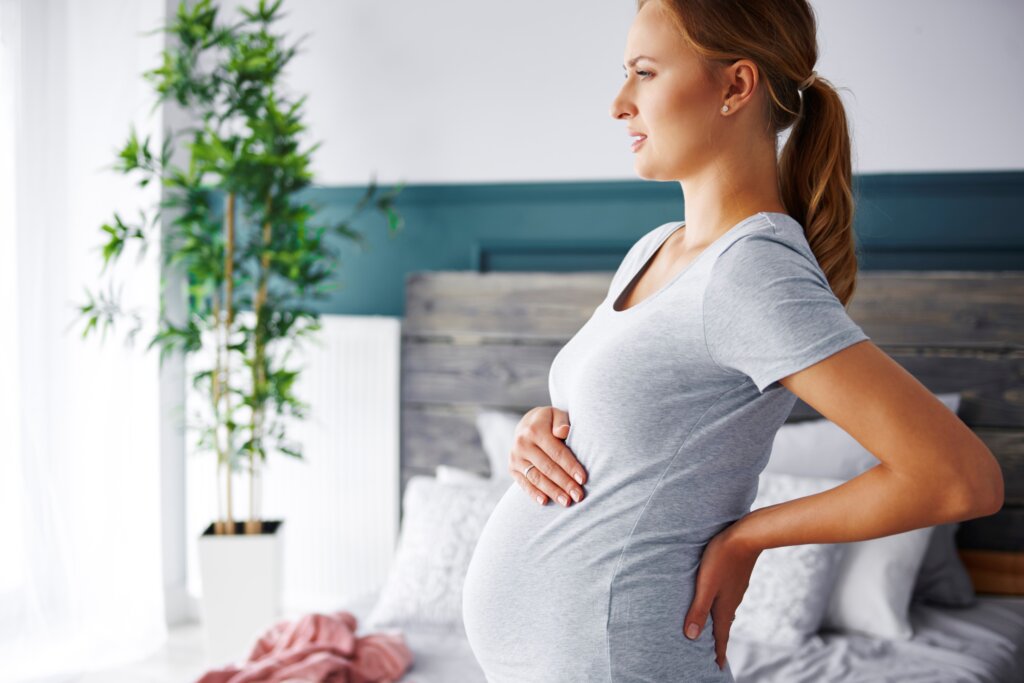
With pregnancy, many things change in your body. All these changes can lead to skin conditions such as eczema, stretch marks or melasma…
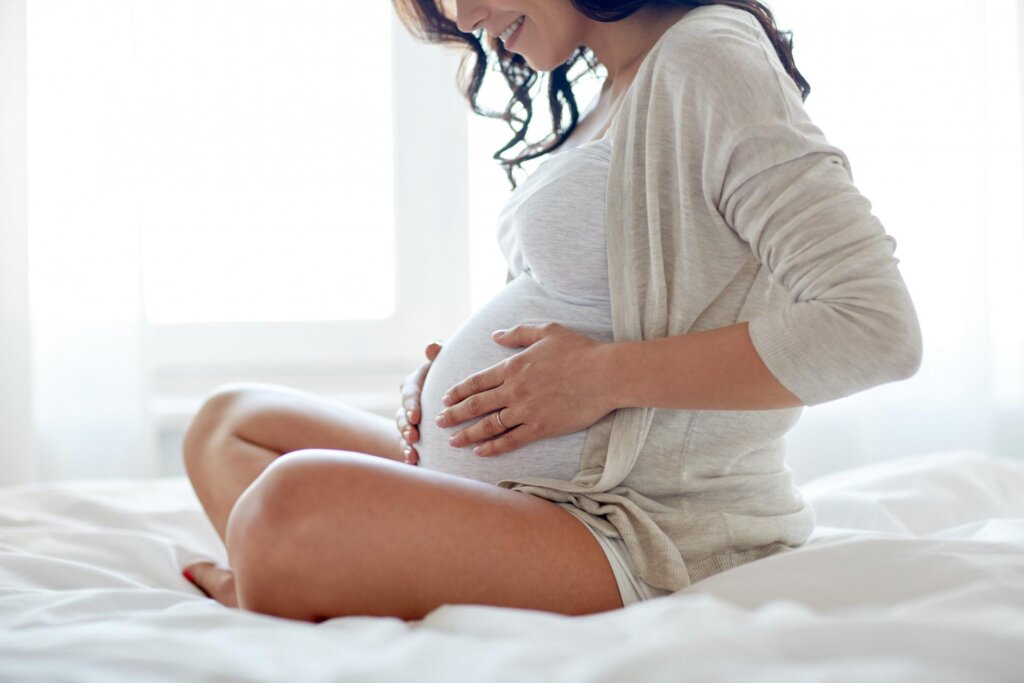
There are many changes in our body during pregnancy. Hair loss, tooth decay or cracks… While having our only baby is invaluable at the end of the day, many mothers don’t know how to cope with the changes they are going through. We have investigated the most common skin diseases that can be experienced after pregnancy for expectant mothers. From stretch marks to eczema, every expectant mother should consider these ailments!
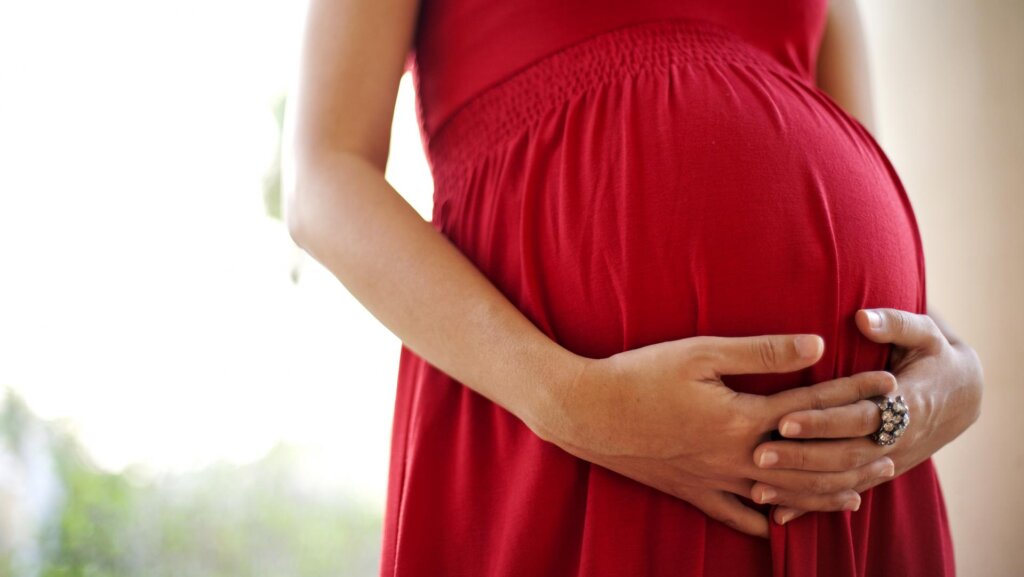
Melasma
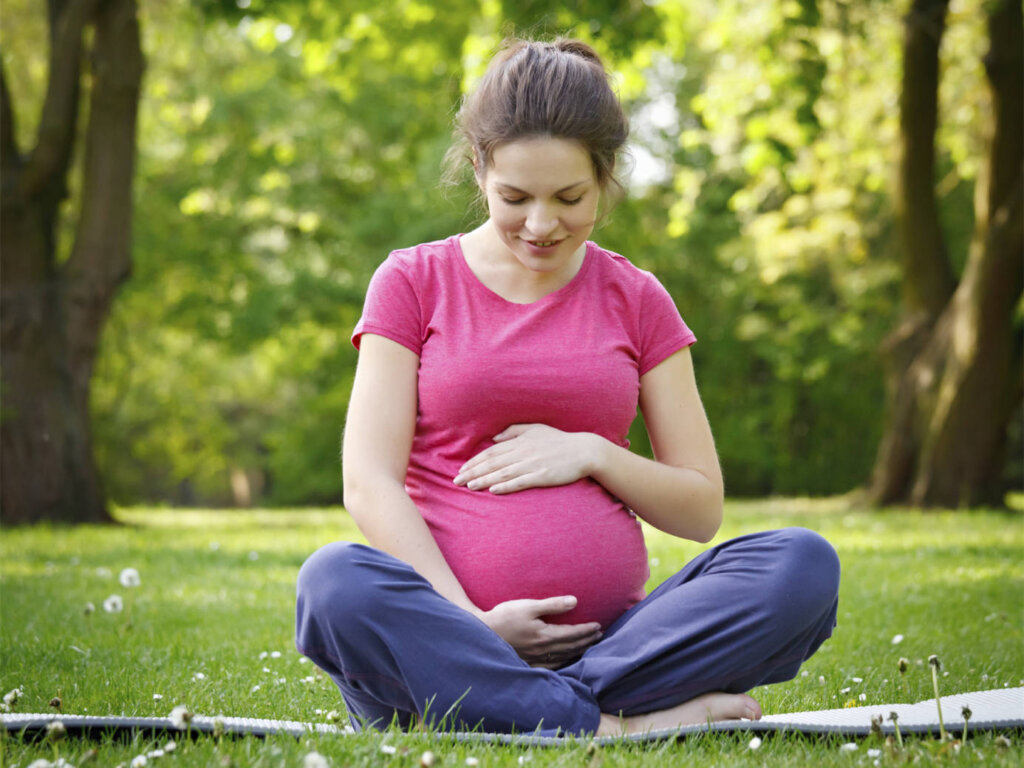
Melasma, also called a pregnancy spot, is a result of increased melanin production. It can occur around the mouth and on the rest of the face. It can also appear on the abdomen and groin of some pregnant women. Although melasma is a stubborn type of hyperpigmentation, it disappears with the improvement of hormone levels. Experts emphasize that expectant mothers should be protected from the sun and heat so that the spots do not spread.
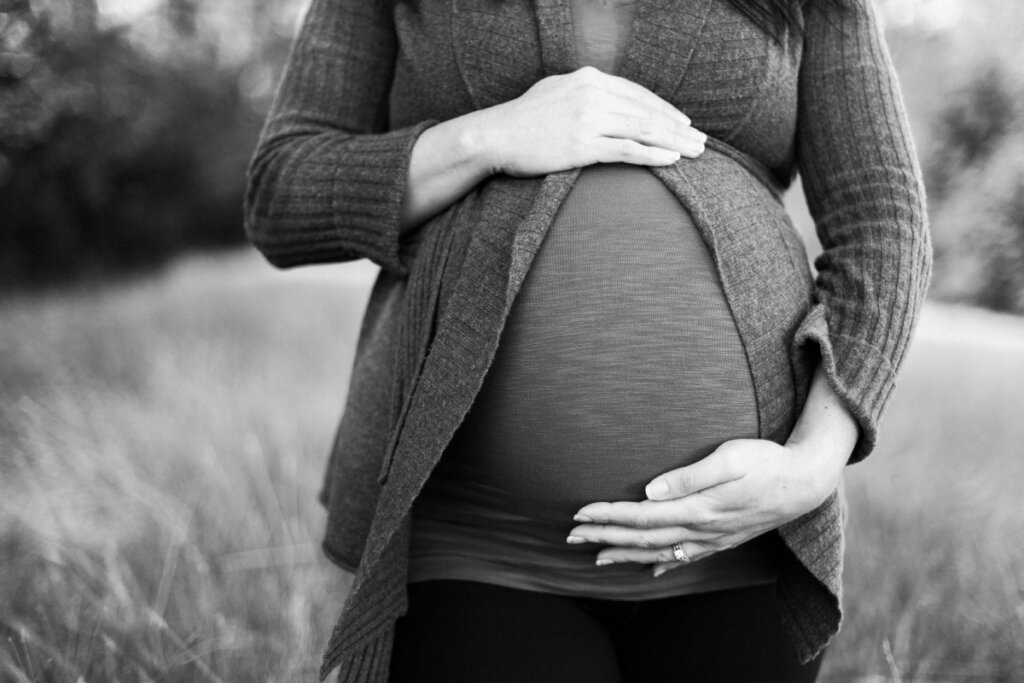
Eczema
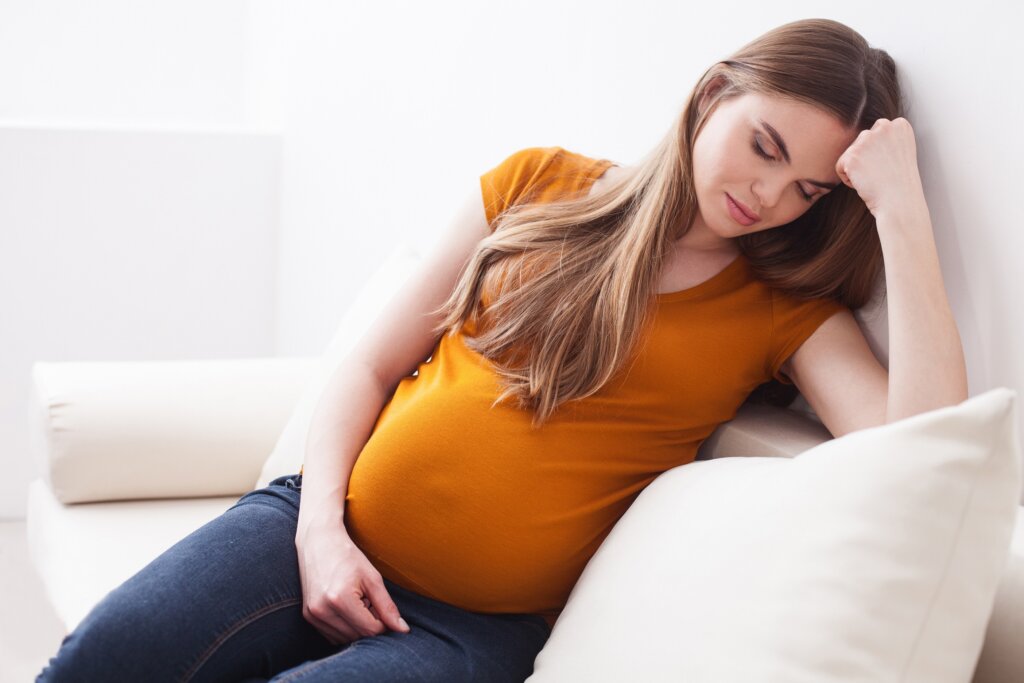
Eczema, manifested by dryness and itching, usually occurs due to sudden changes in hormone levels. Changes in the immune system after childbirth can make new mothers feel more stressed. Stress is one of the triggers of eczema. Indeed, experts recommend that mothers stay away from stress and change their eating patterns. White flour, dairy products, and processed sugary foods can cause eczema to spread. To soothe eczema, you can choose creams that contain aloe vera. However, it is still recommended that nursing mothers consult their doctor before starting to use the cream.
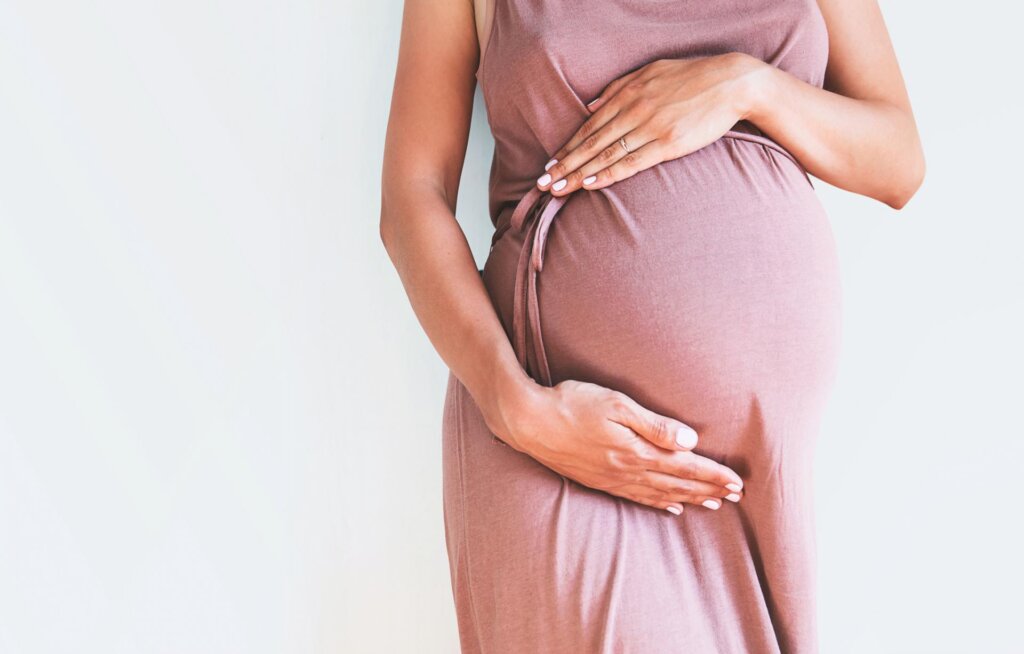
Acne
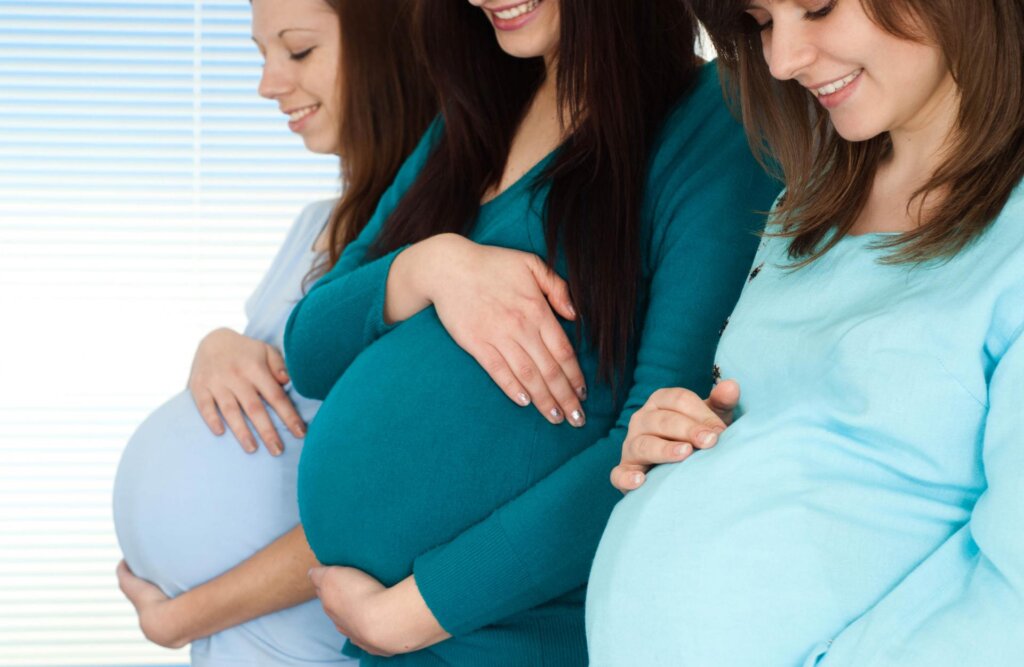
This skin condition, which can occur after childbirth, manifests itself in the form of blackheads, whiteheads and acne. After childbirth, the amount of prolactin increases, while the amount of estrogen decreases. October increase in the amount of cortisol, in addition, October increase in the amount of cortisol can also trigger acne. To keep postpartum pimples under control with gold, you should adopt a care routine consisting of cleansing, tonic and moisturizing. Of course, you should research in detail whether the products you use are suitable for nursing mothers.
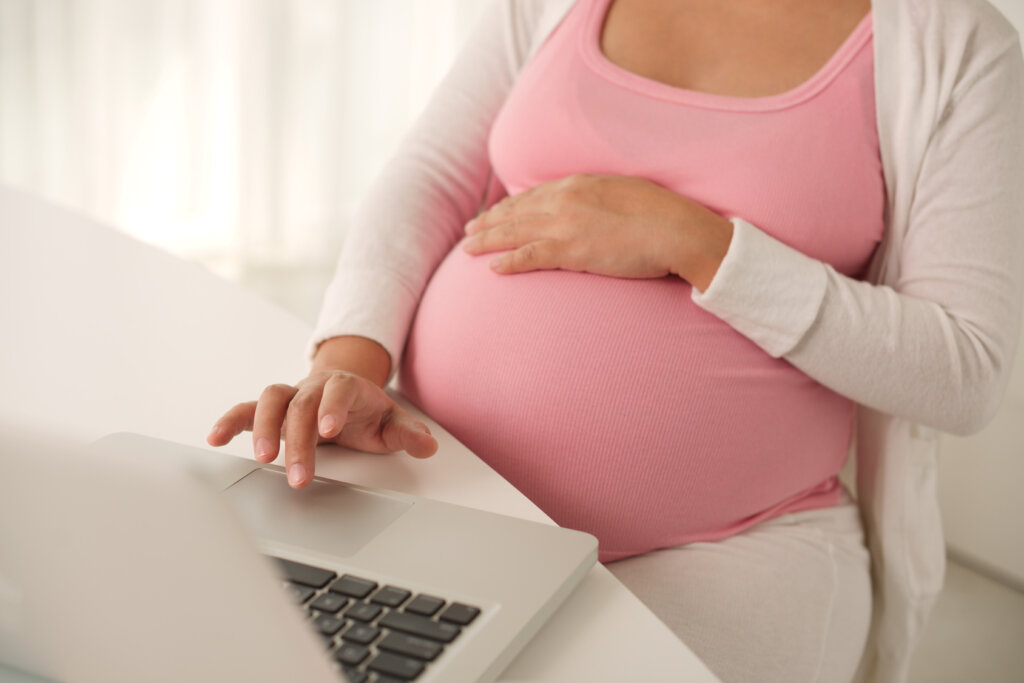
Crack Disease

Hormonal fluctuations experienced during pregnancy can cause collagen and elastin bonds to weaken. This, in turn, causes your skin to become more susceptible to damage. Your skin is stretched much more than usual, already delicate fibers begin to tear, and cracks appear under the surface of the skin. Stretch marks may appear on the chest and abdomen, where your skin stretches the most. Unfortunately, cracks cannot be treated after they have formed. However, you should also remember that stretch marks will become less visible over time. You can alleviate the appearance of stretch marks with various serums and treatments.
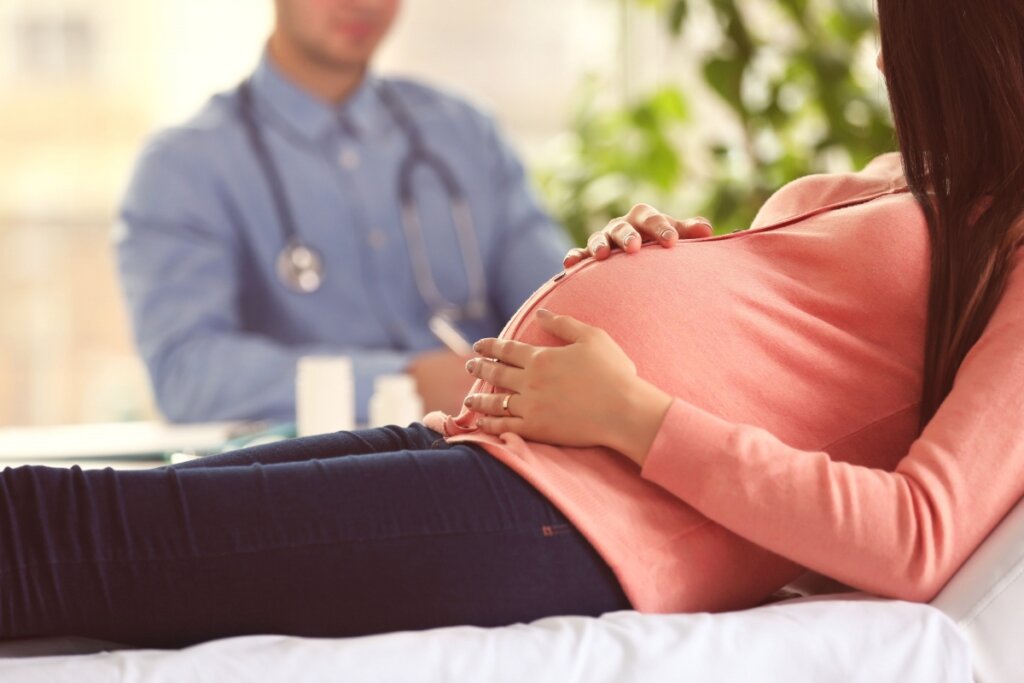
Itchy Urticarial Papule and Pregnancy Plaque (PUPP)
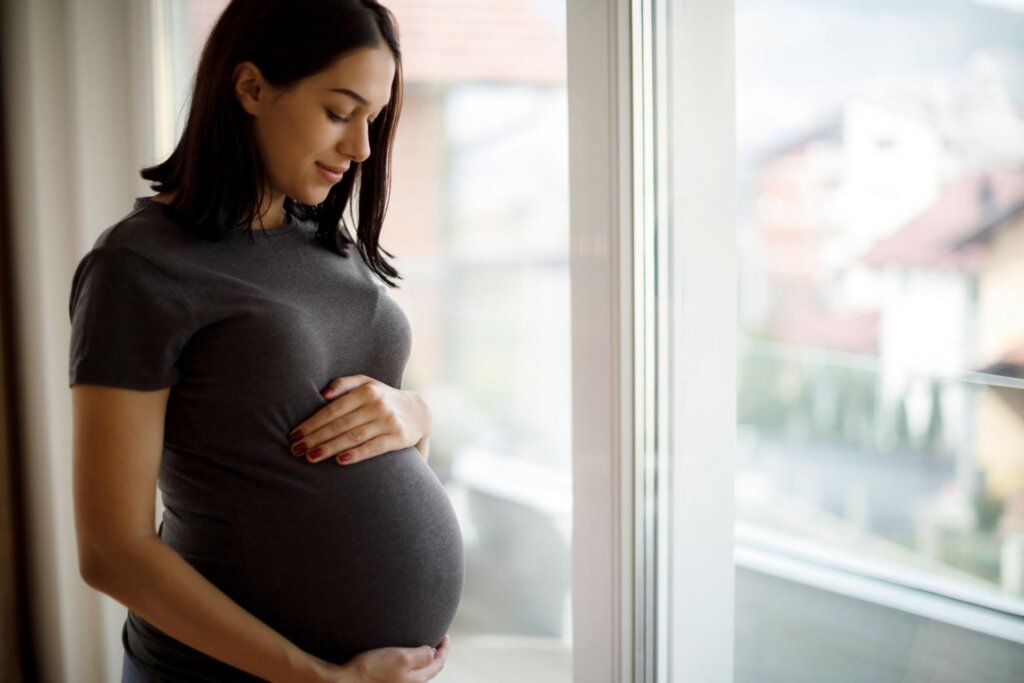
This skin condition, which is often observed during pregnancy, can also occur after childbirth. PUPP, which appears in the abdominal area, especially around the navel, can be caused by rapid weight gain. It is more likely to occur in women who are going to become mothers for the first time. It can be treated with various creams and medications.
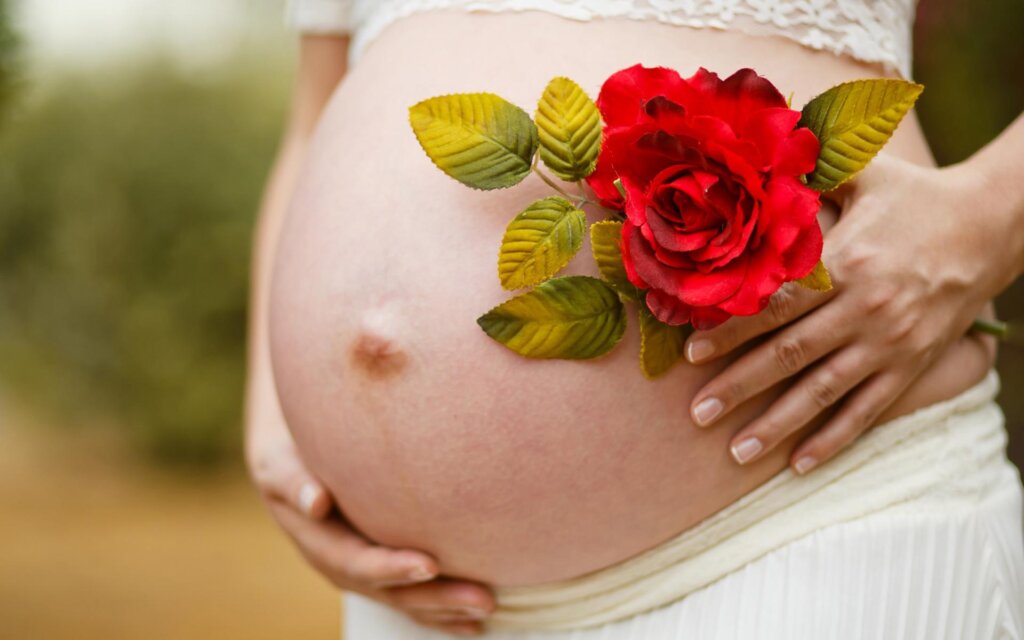
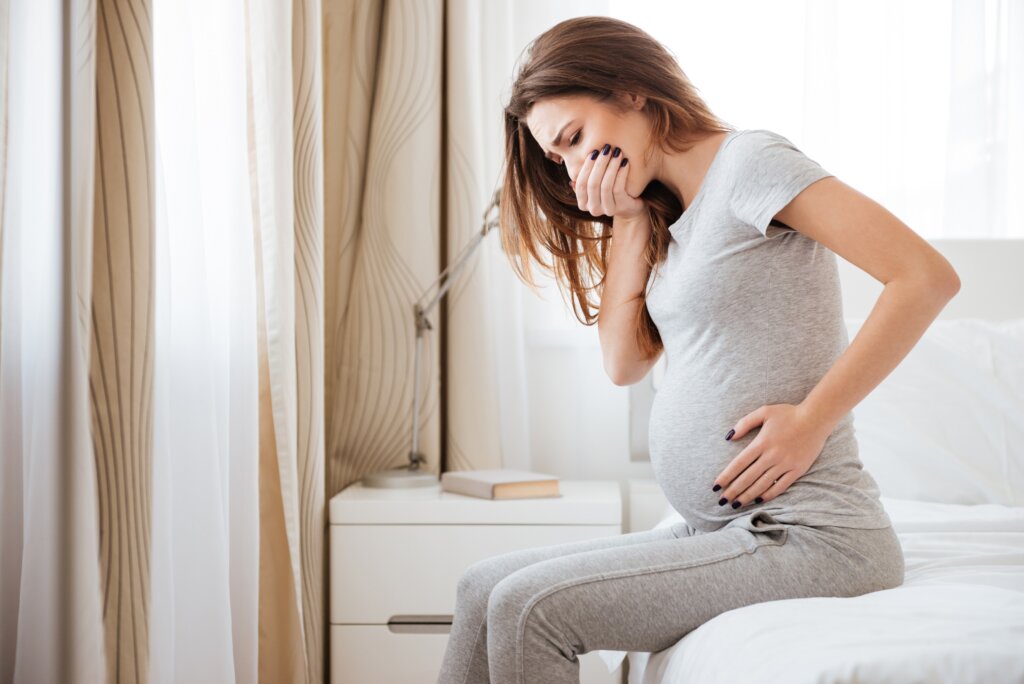

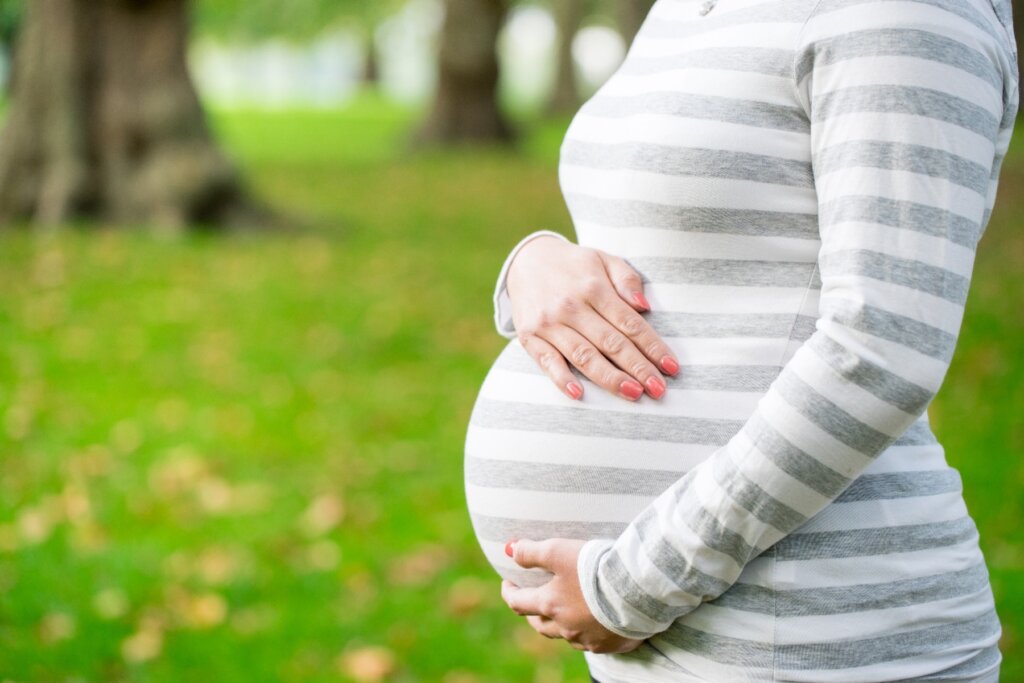
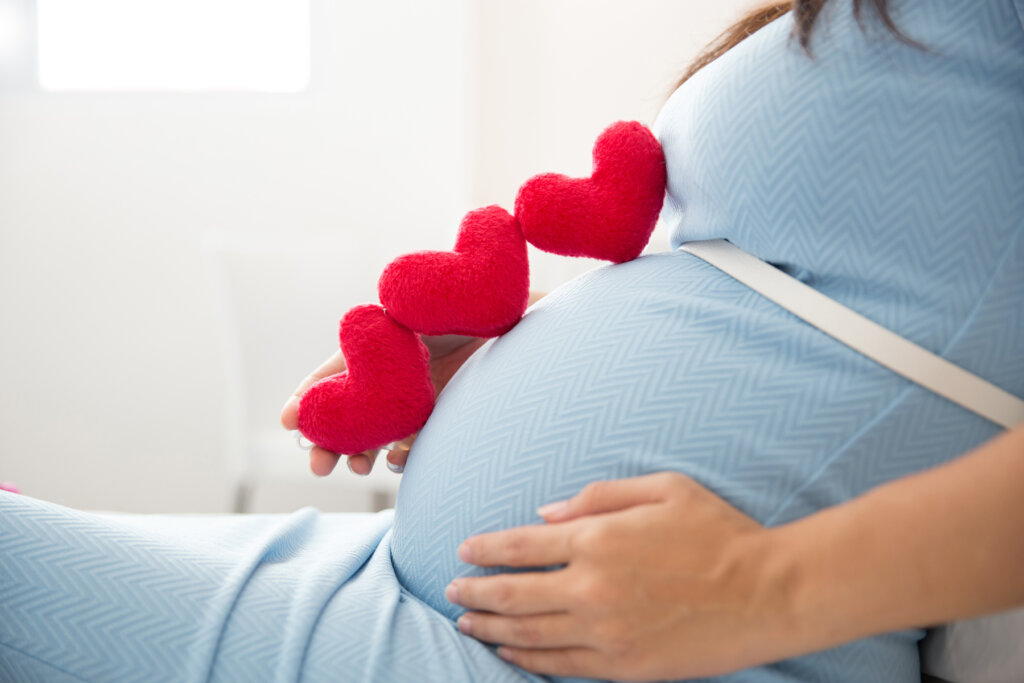
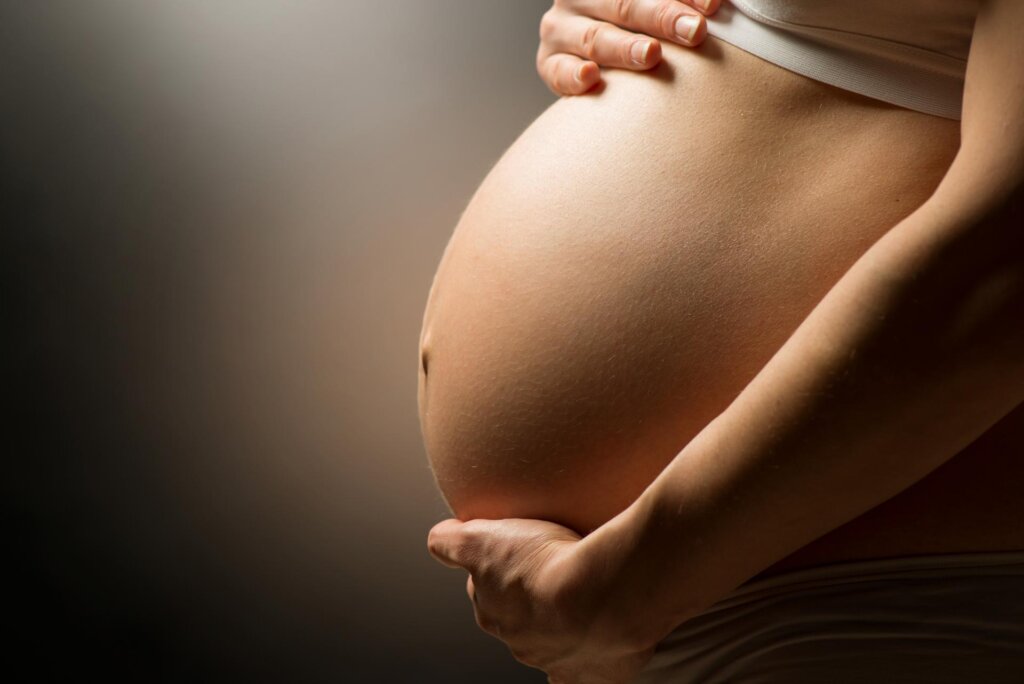
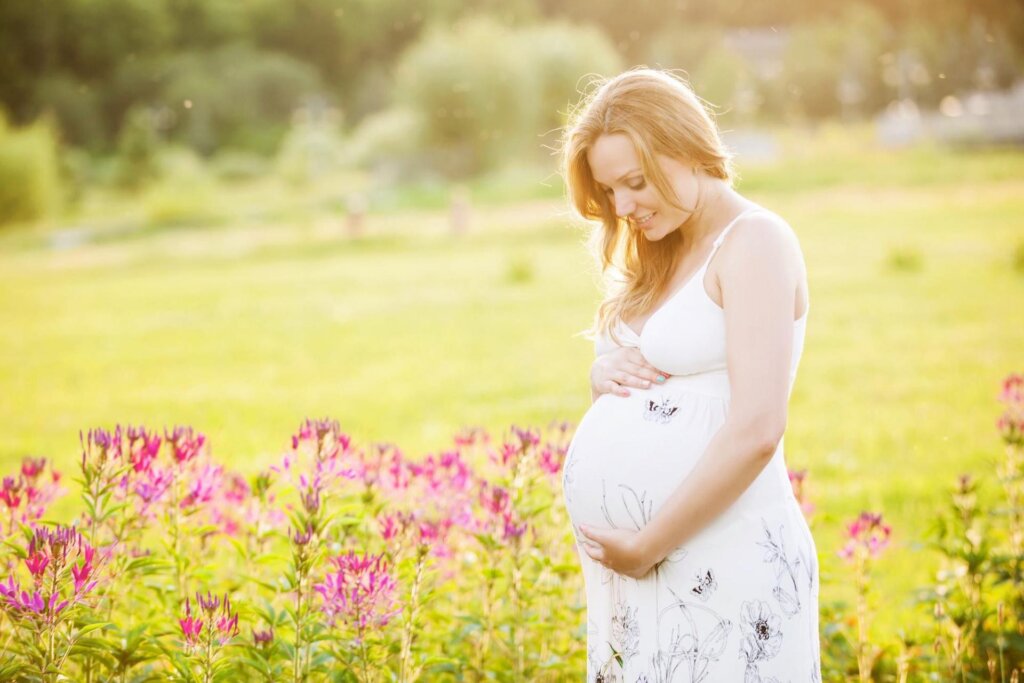
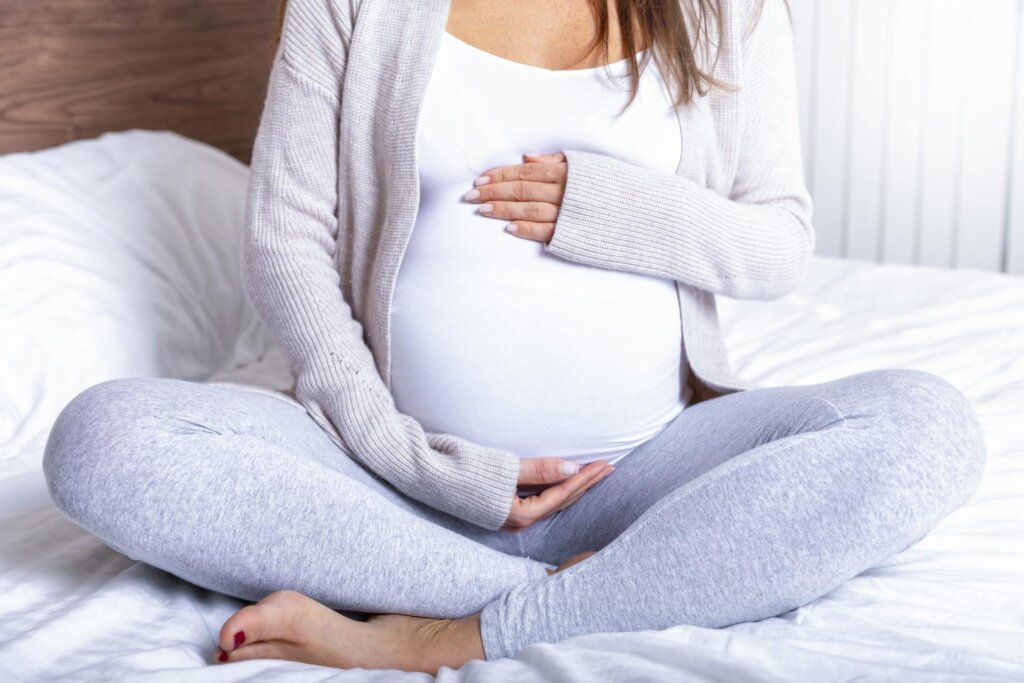
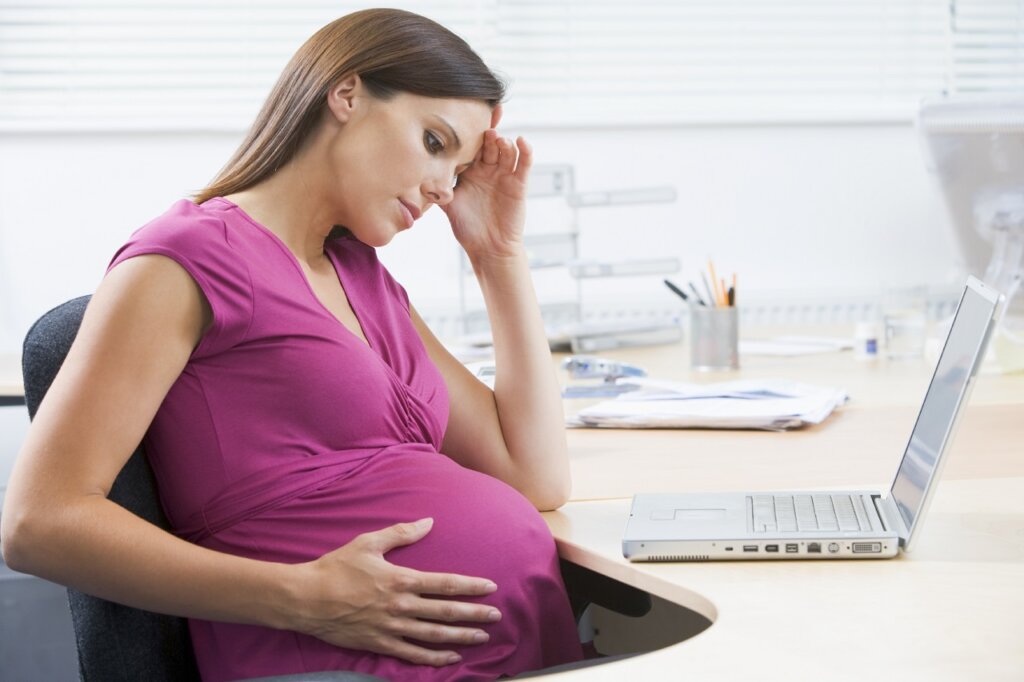
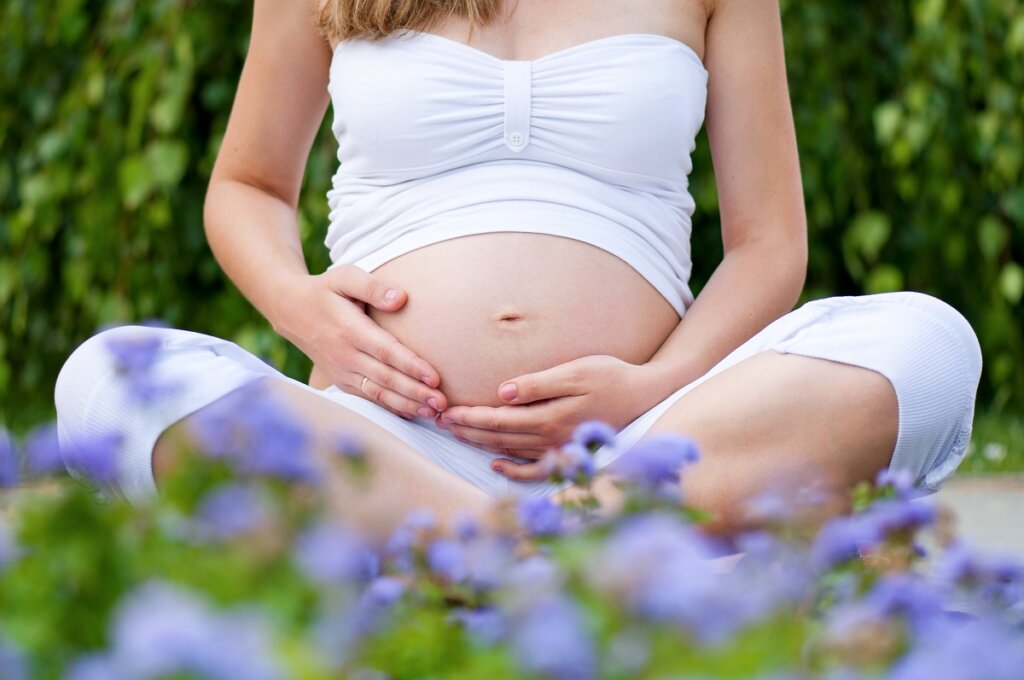
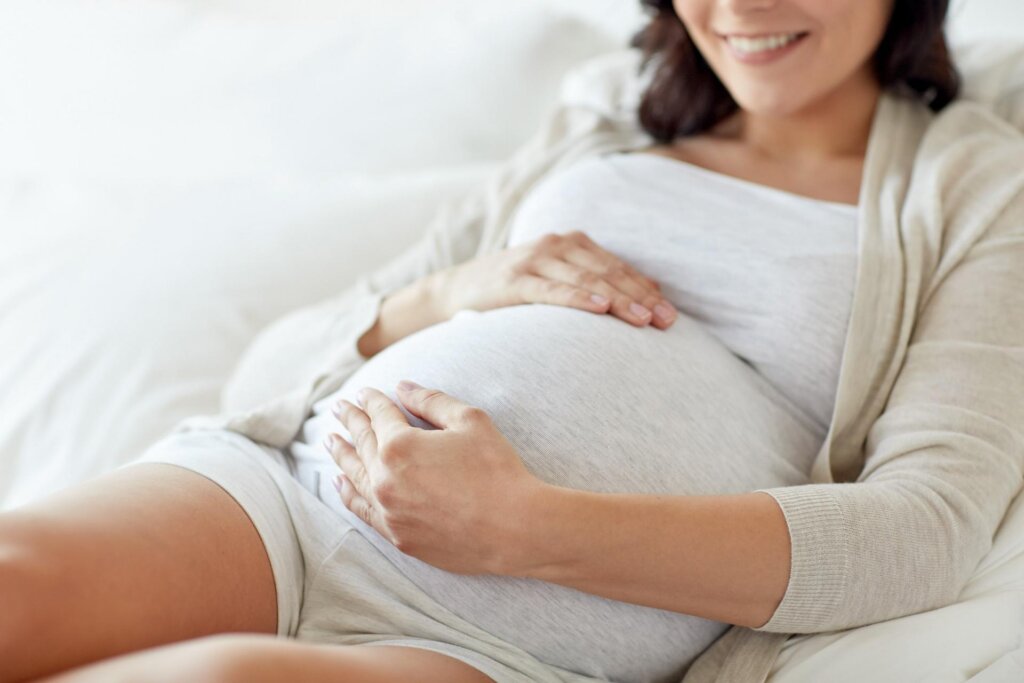
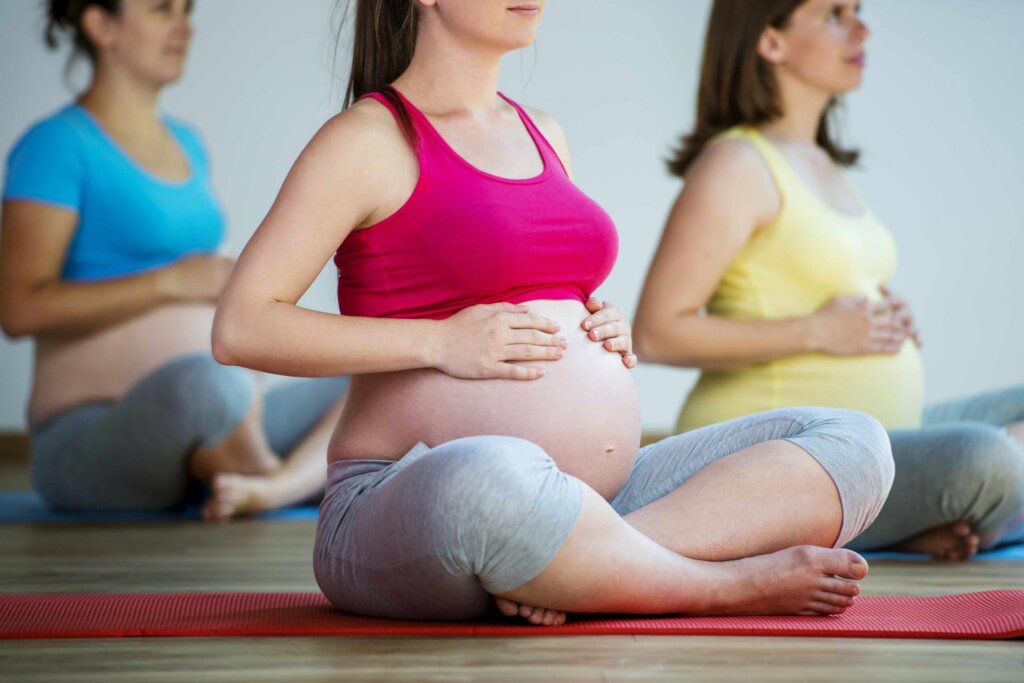
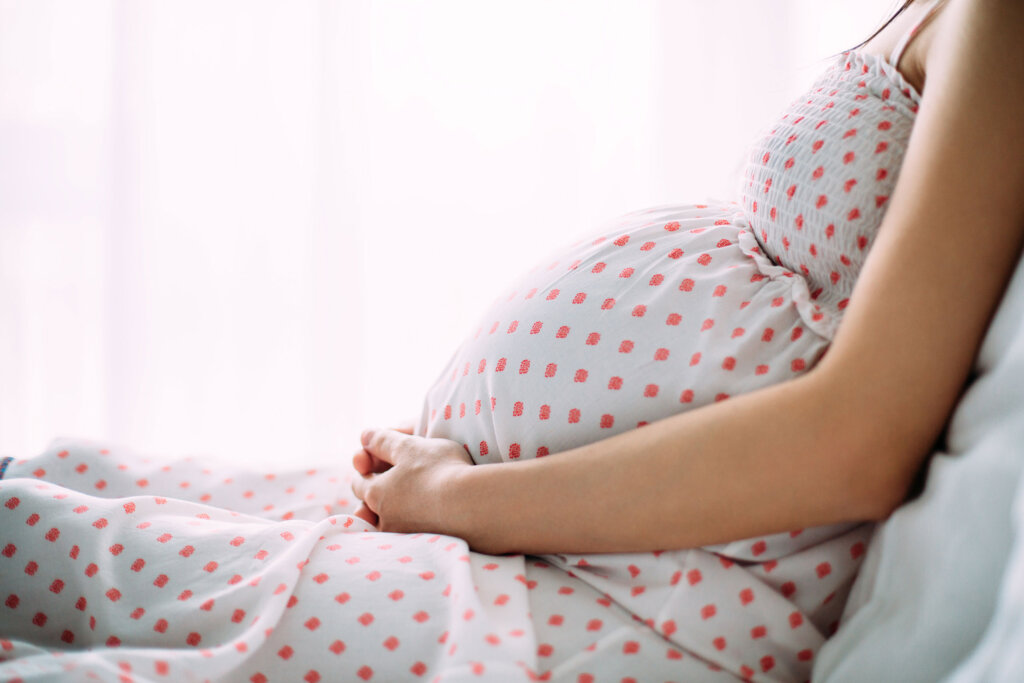


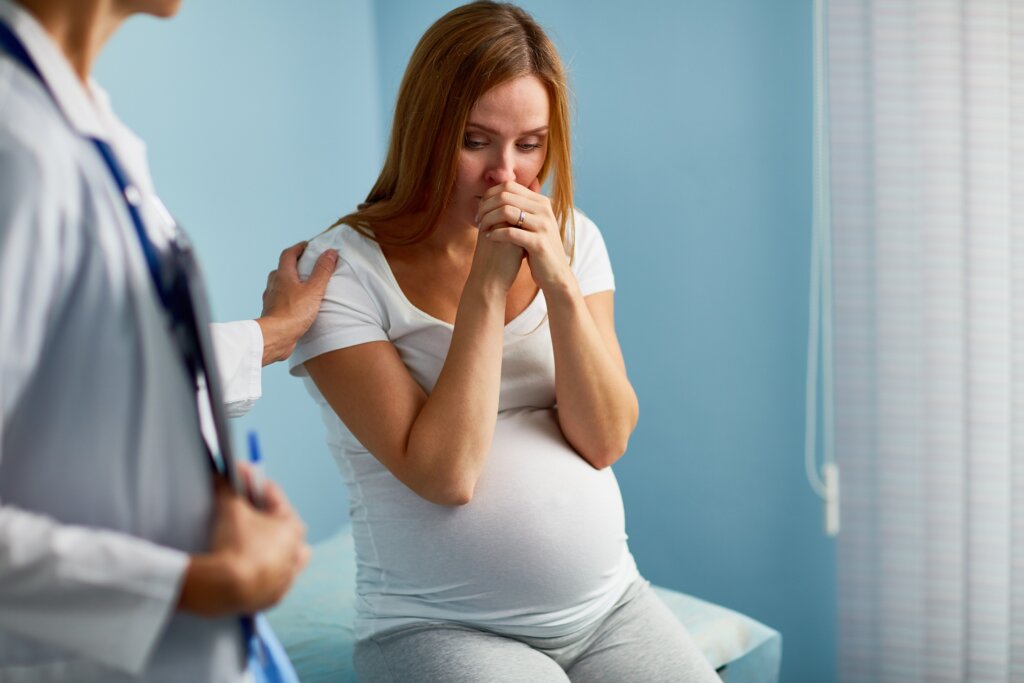
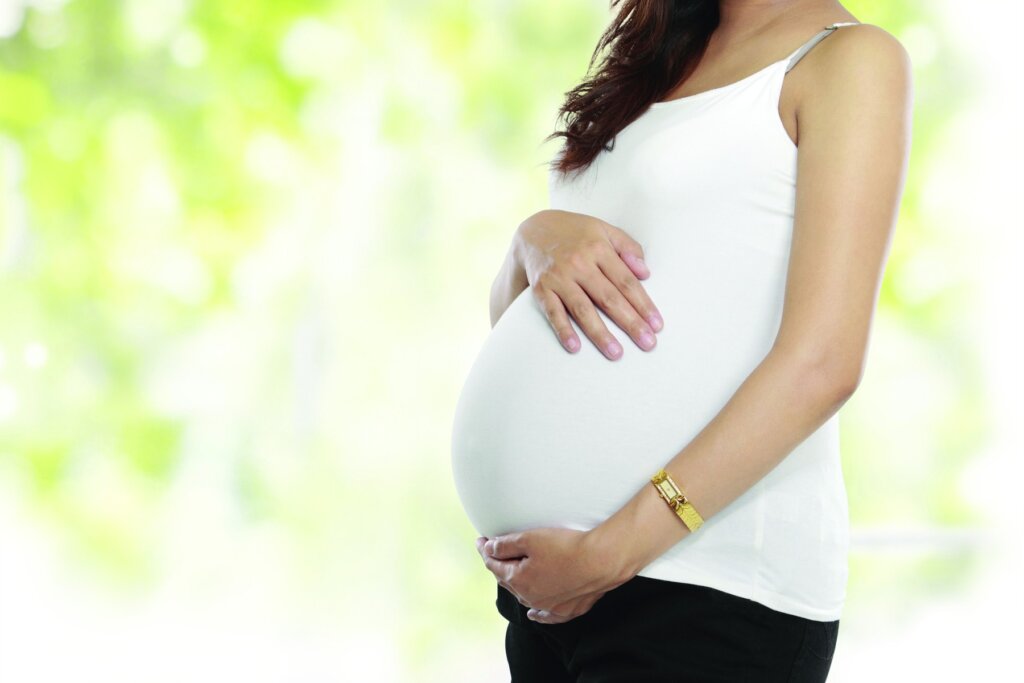
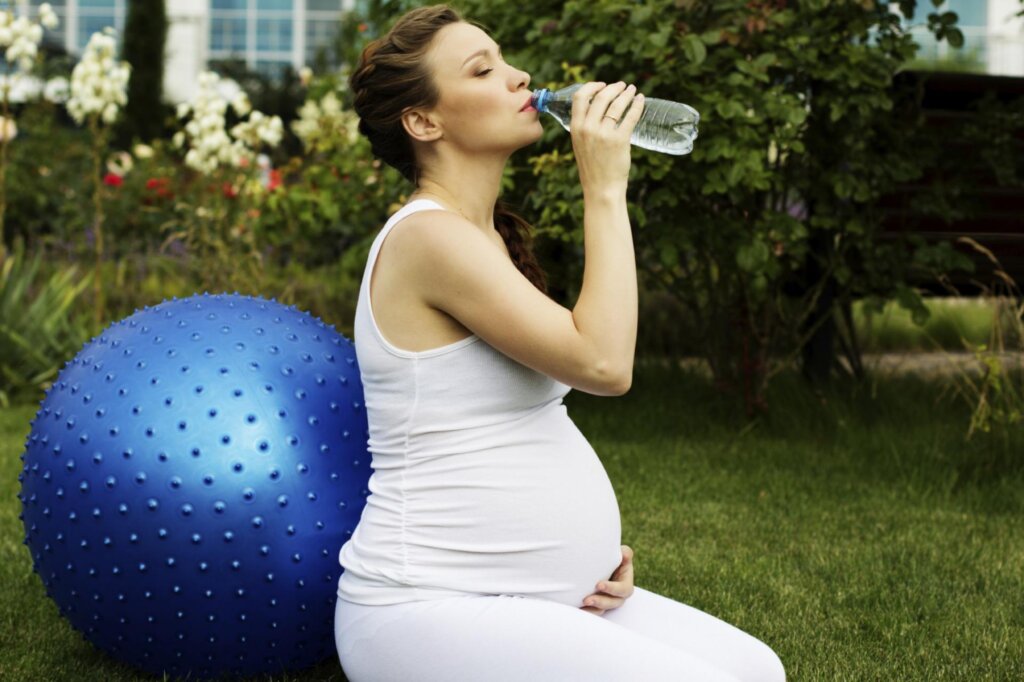
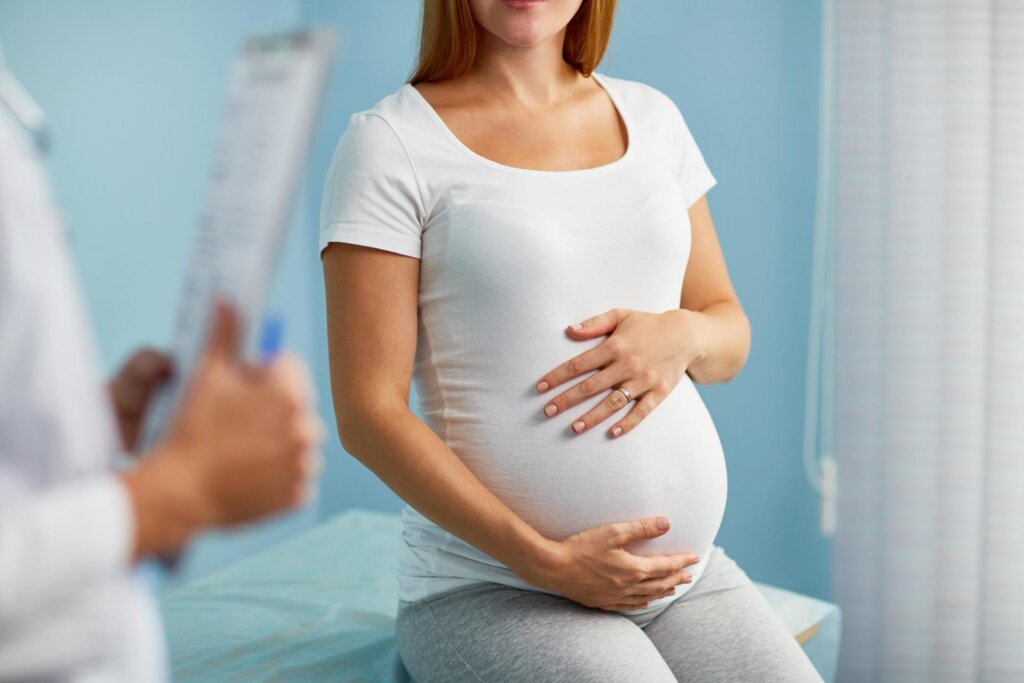
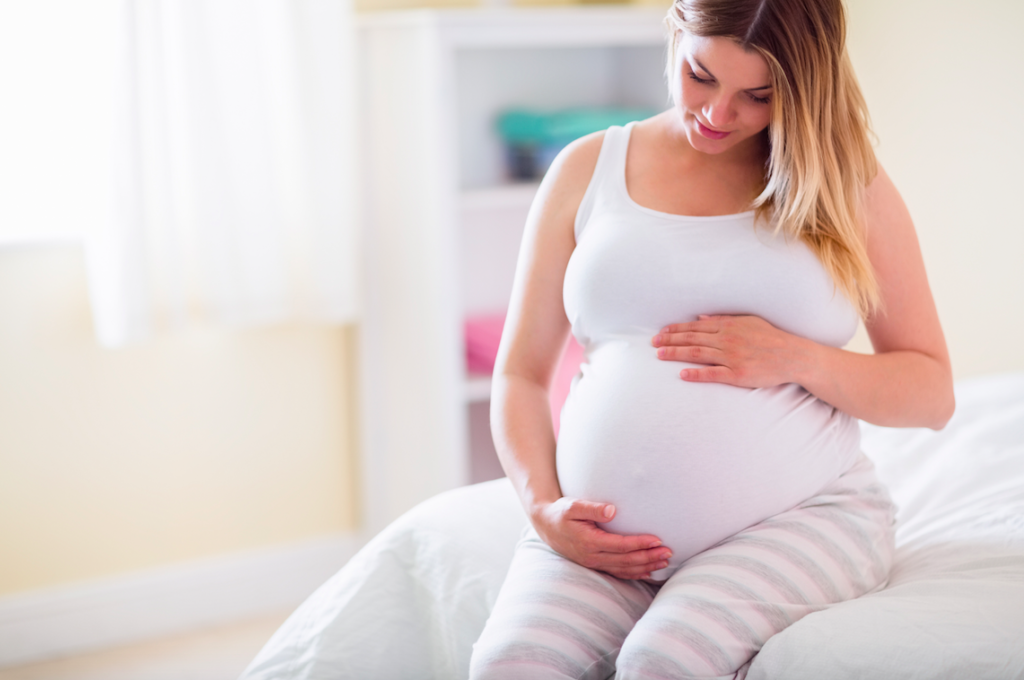

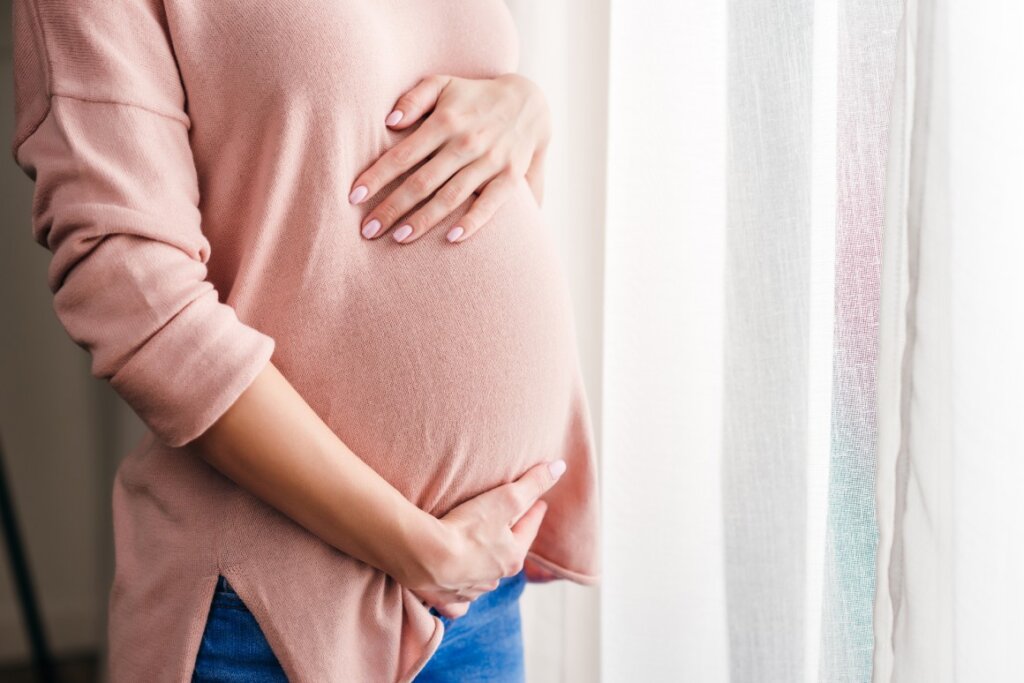
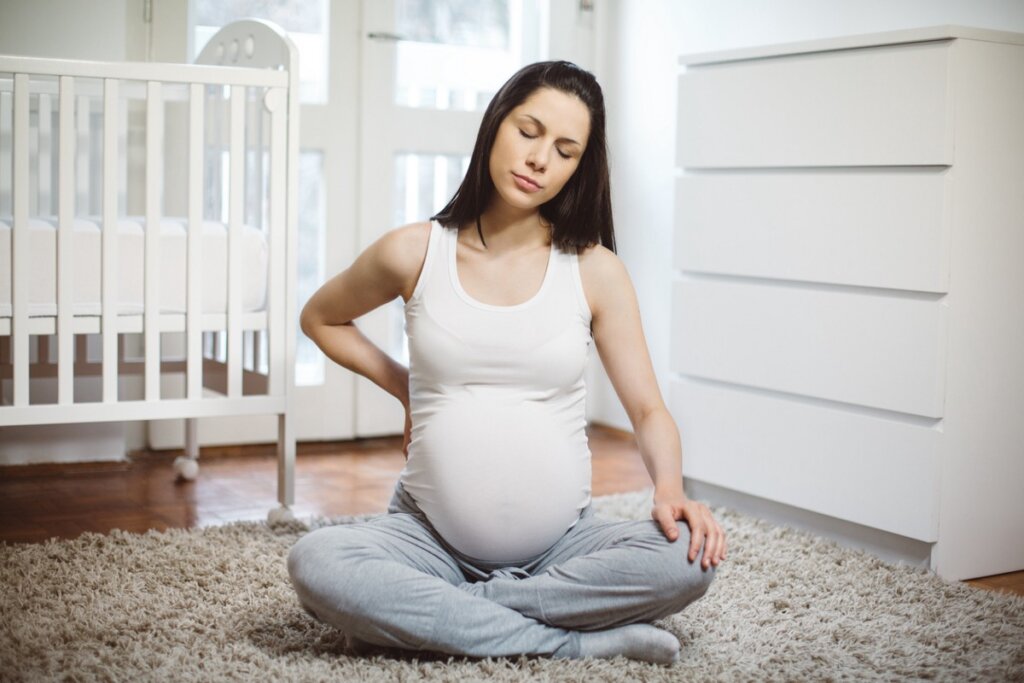
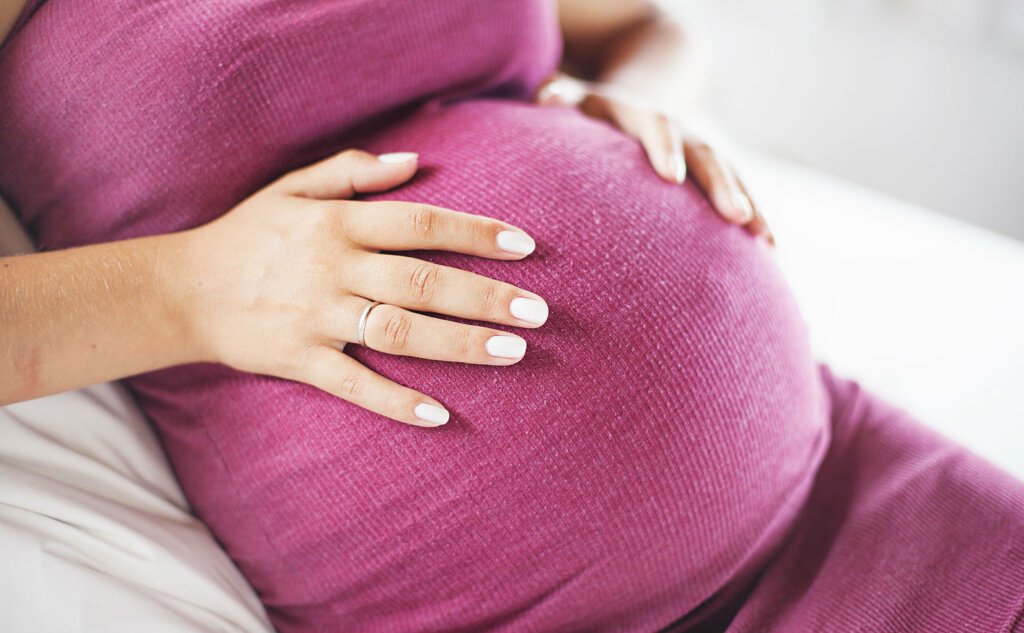


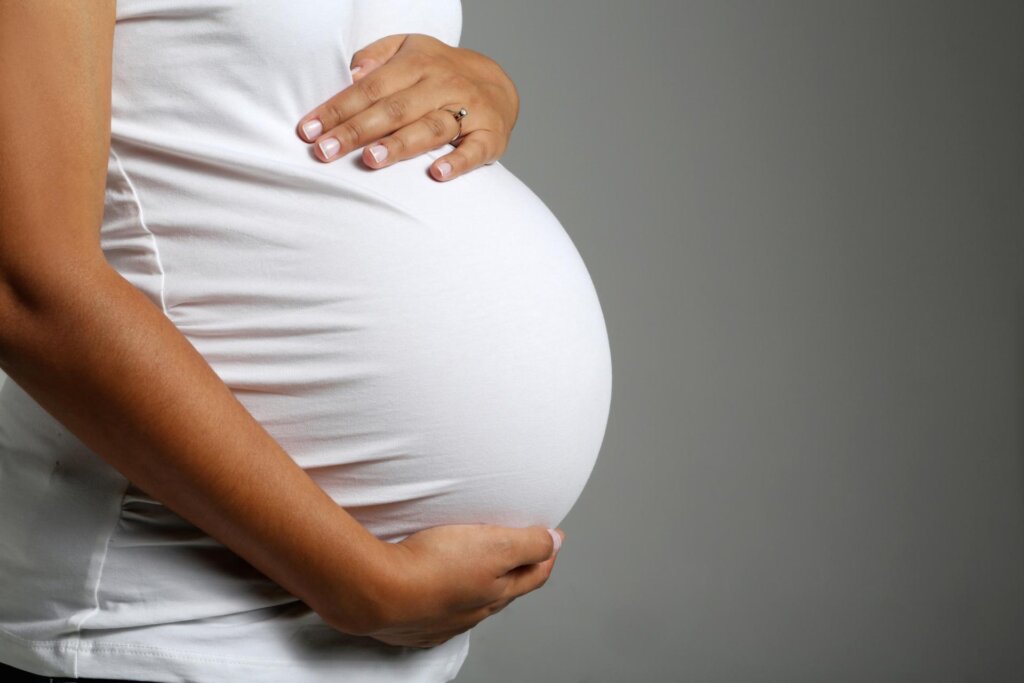
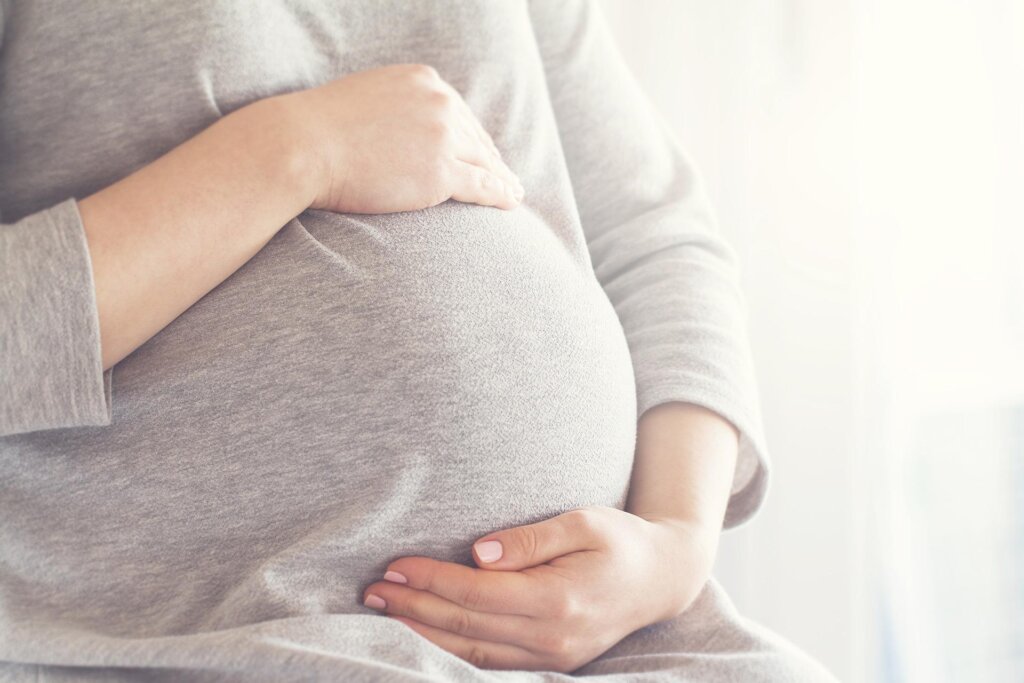
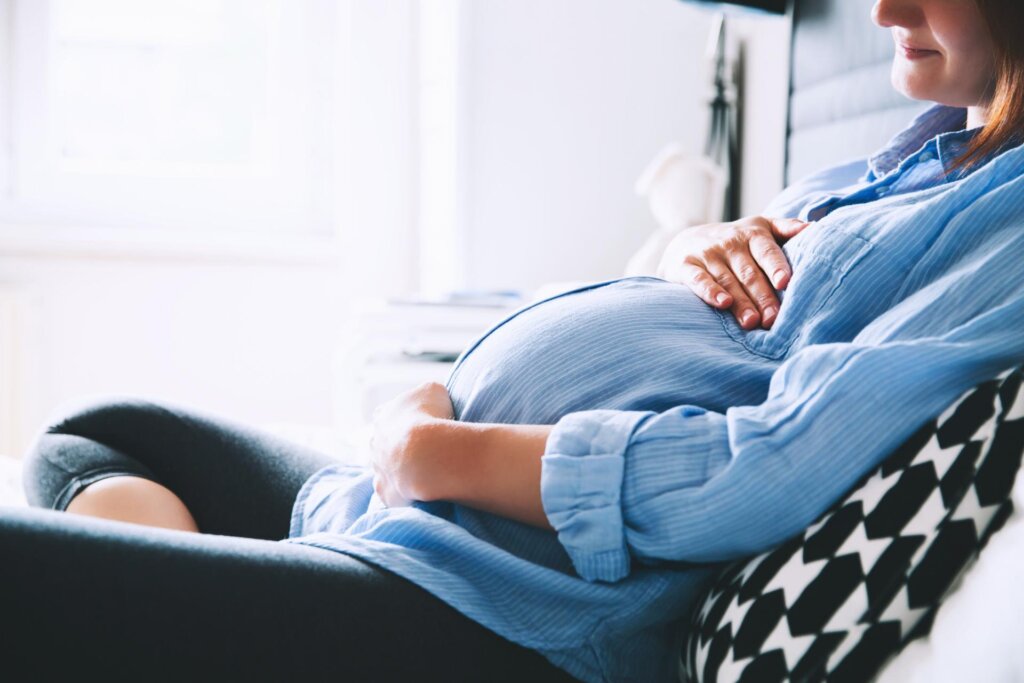
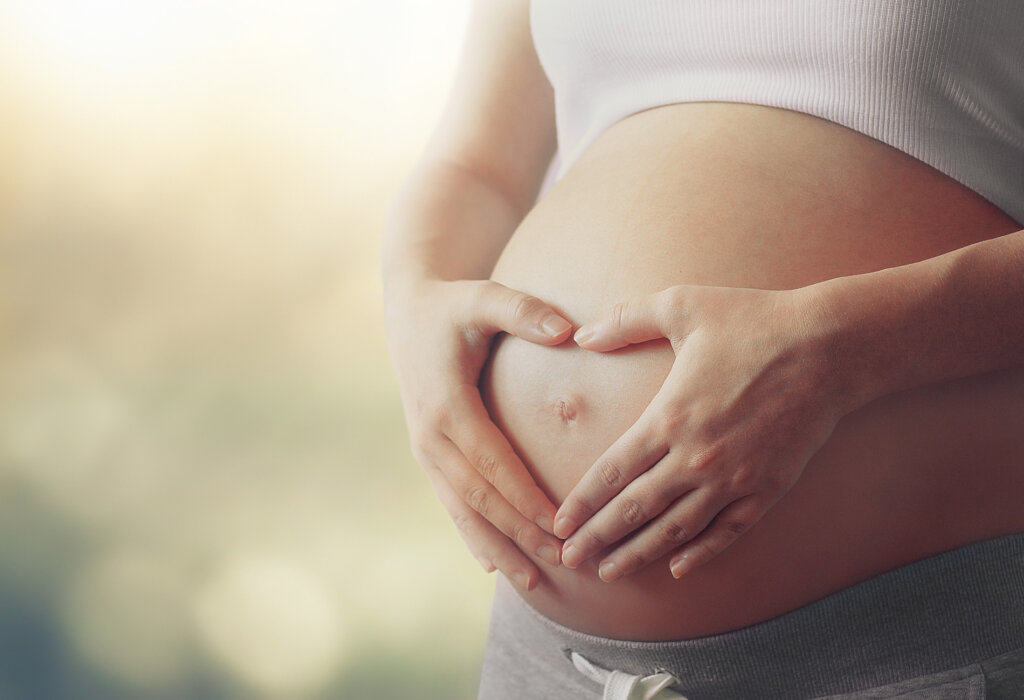
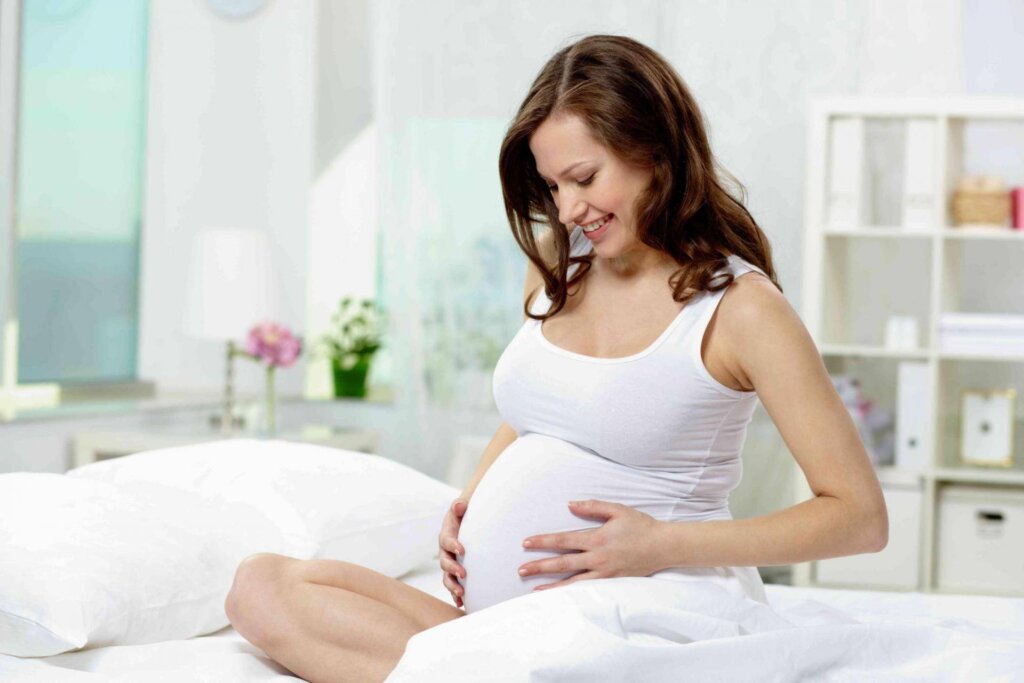


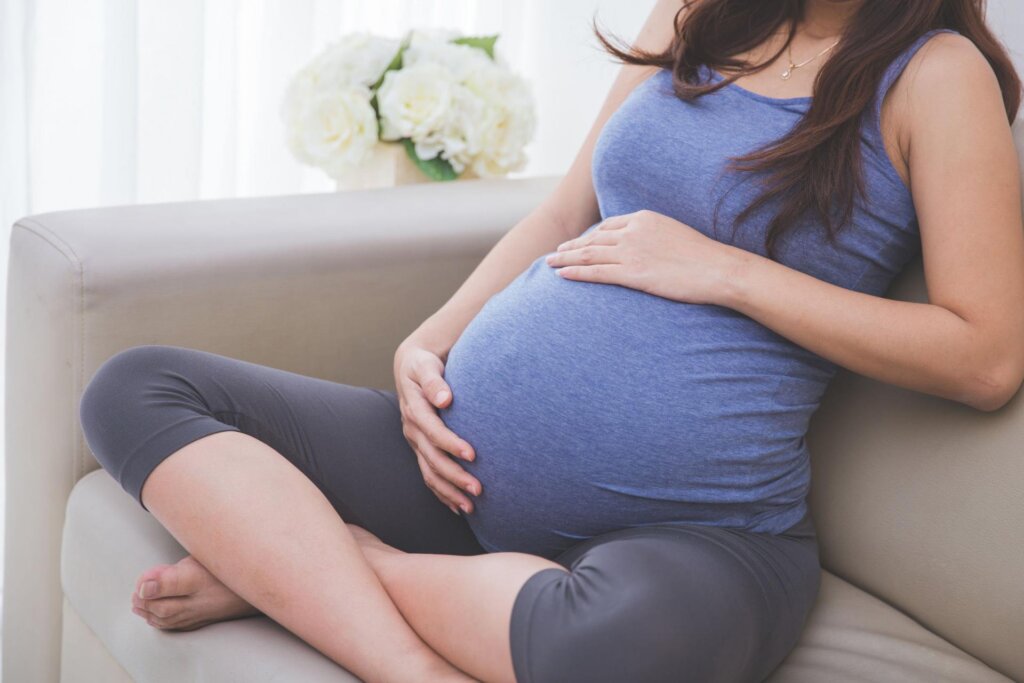
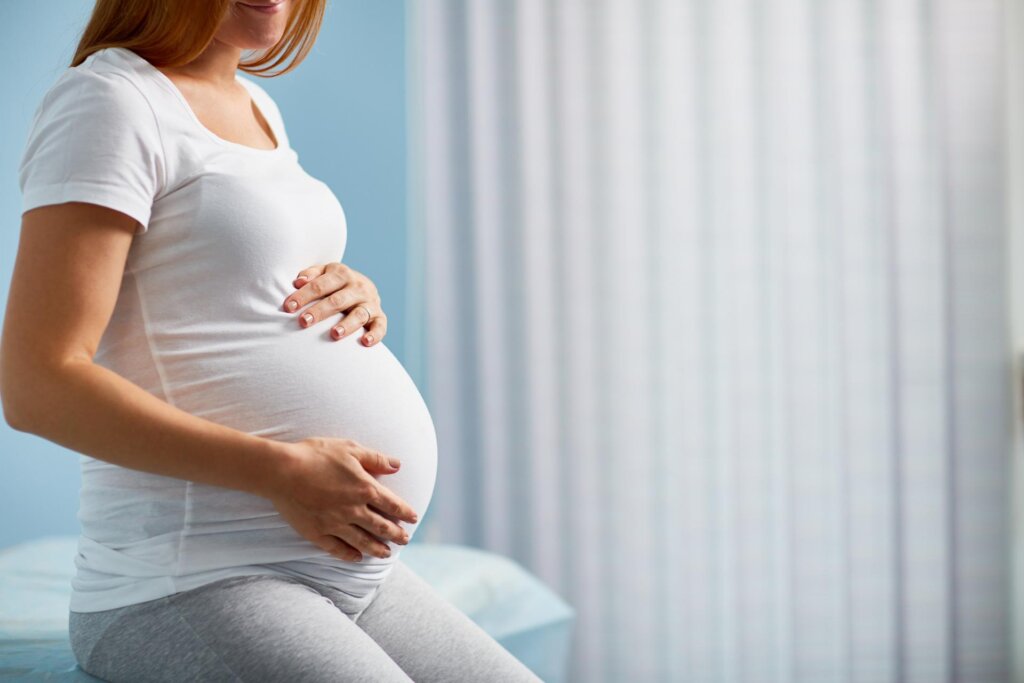
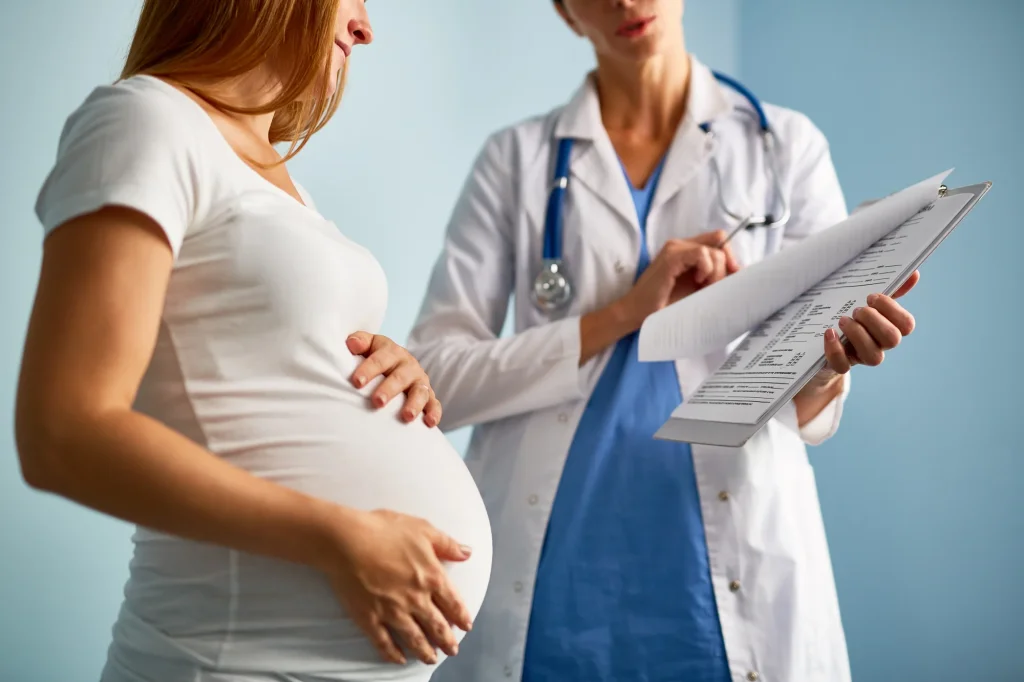
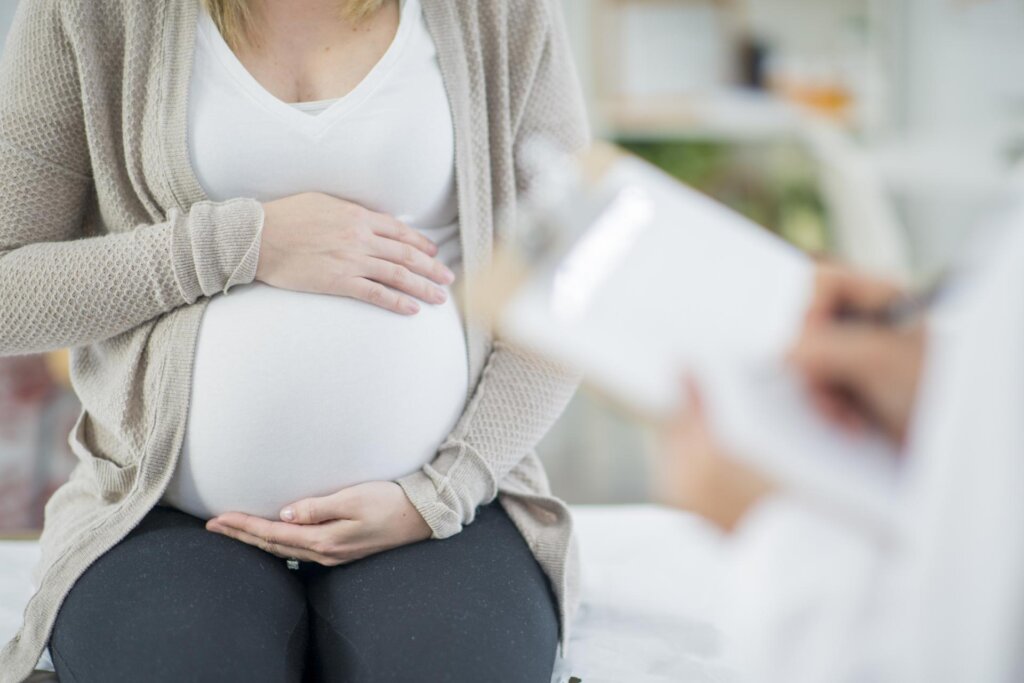
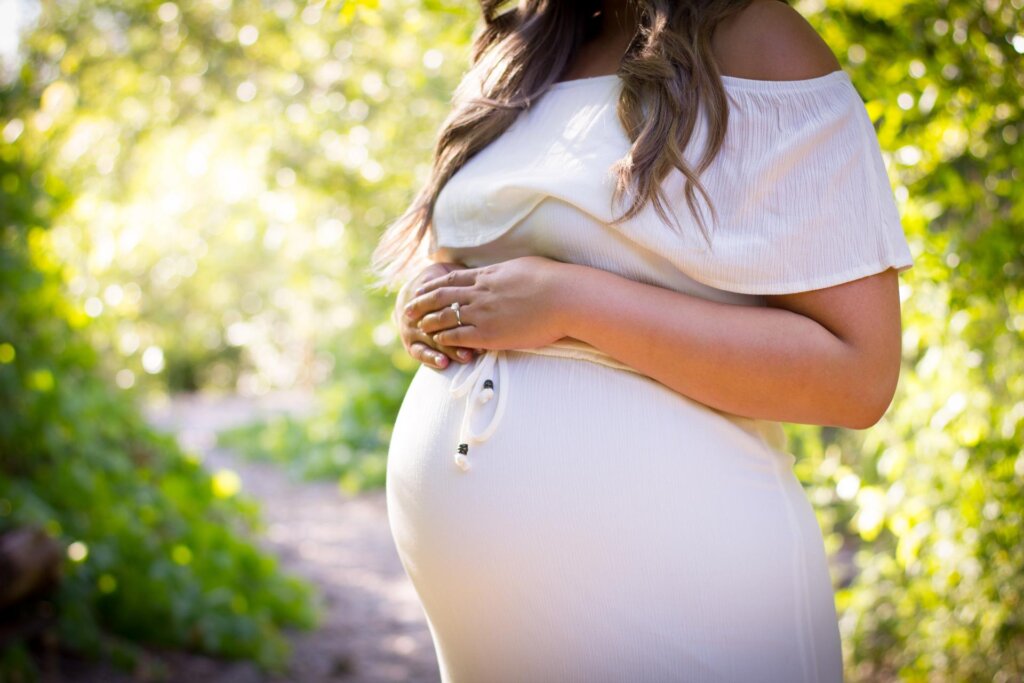
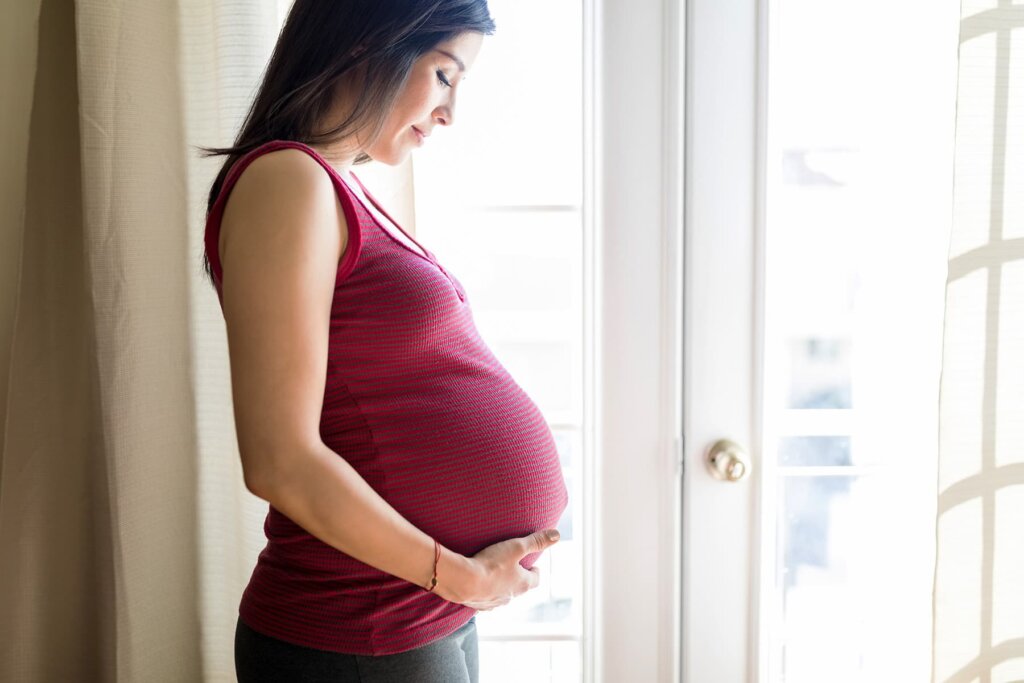
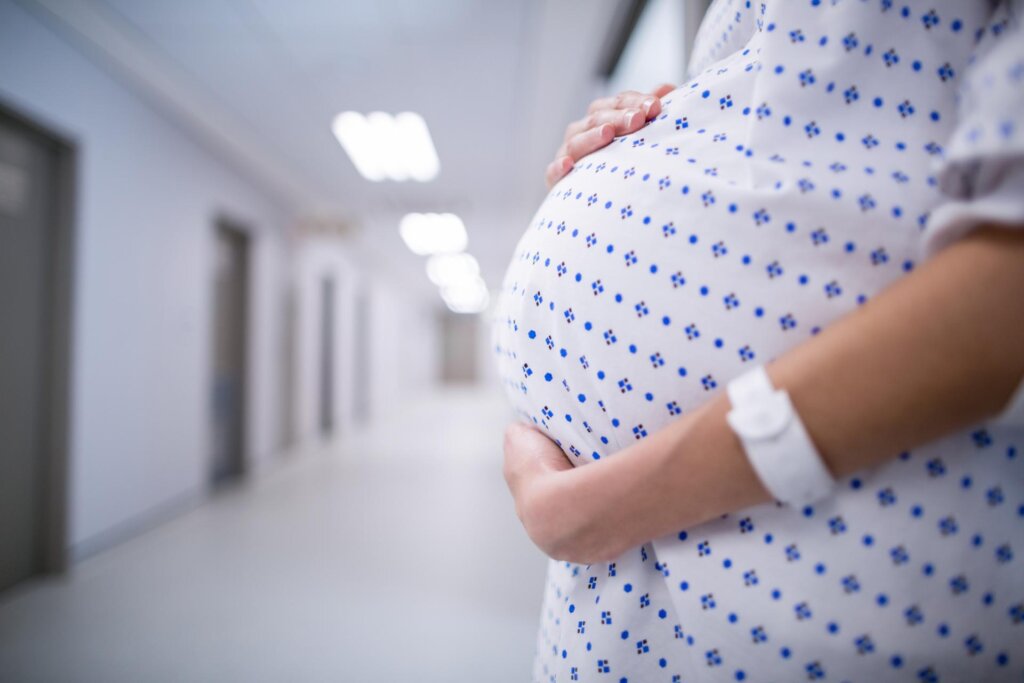
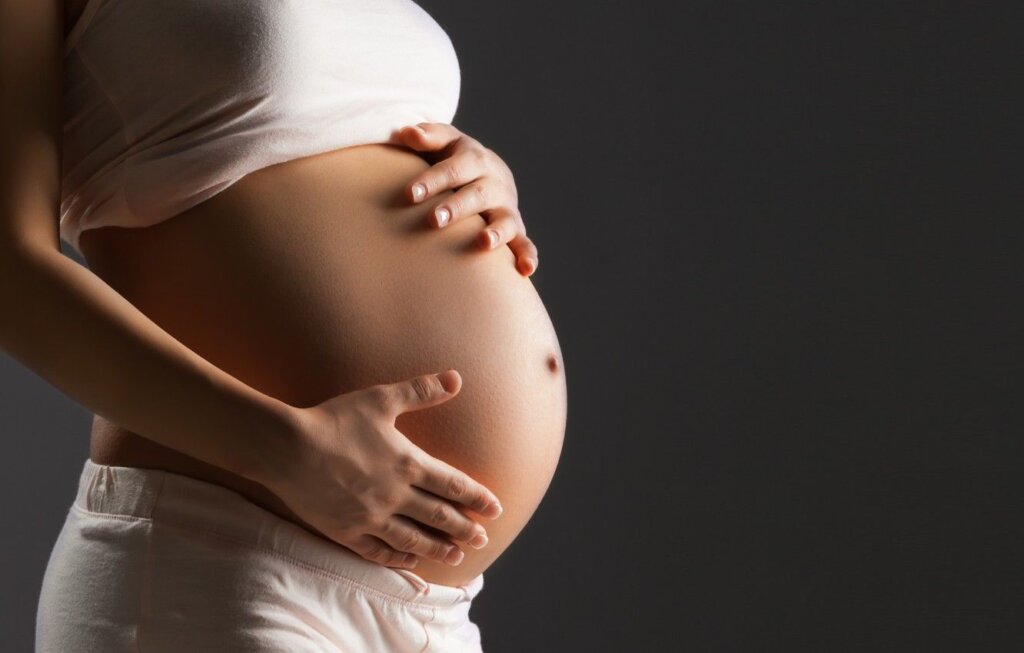
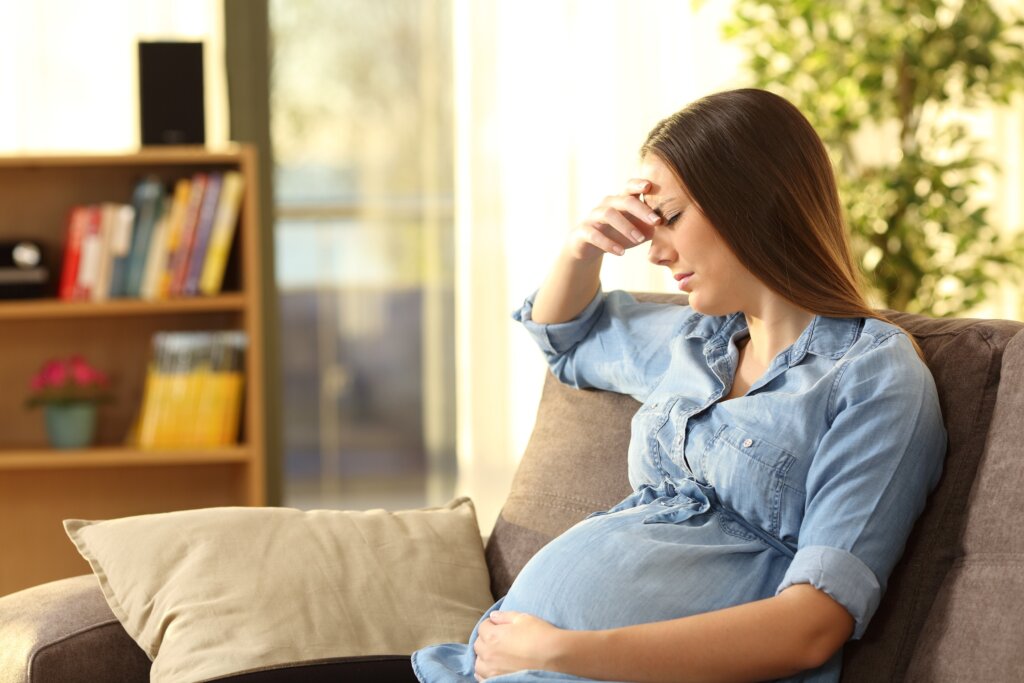
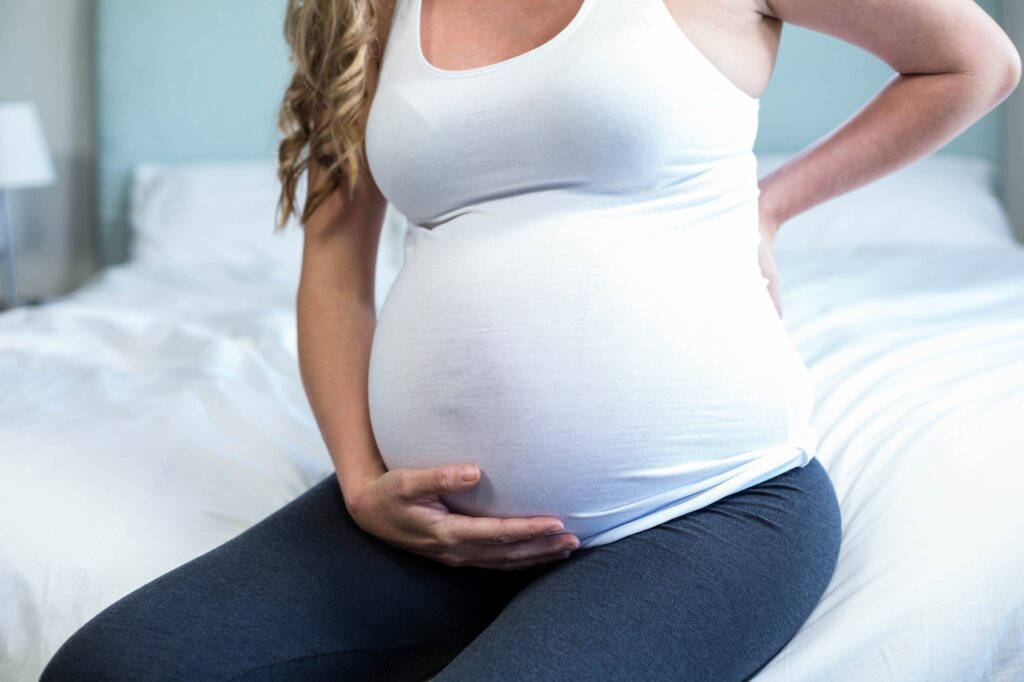
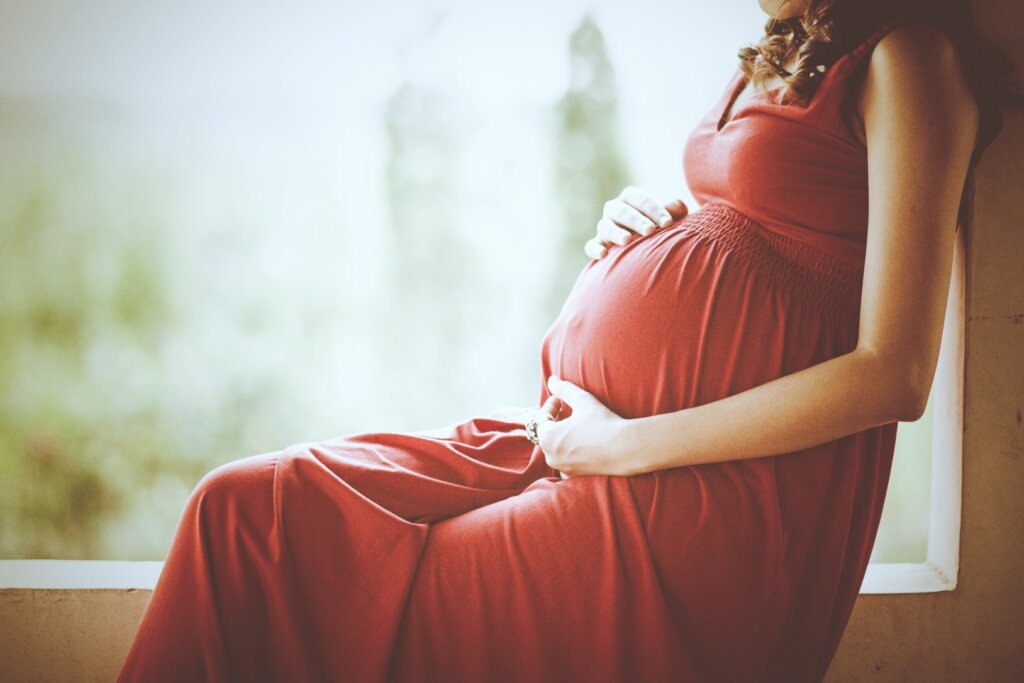
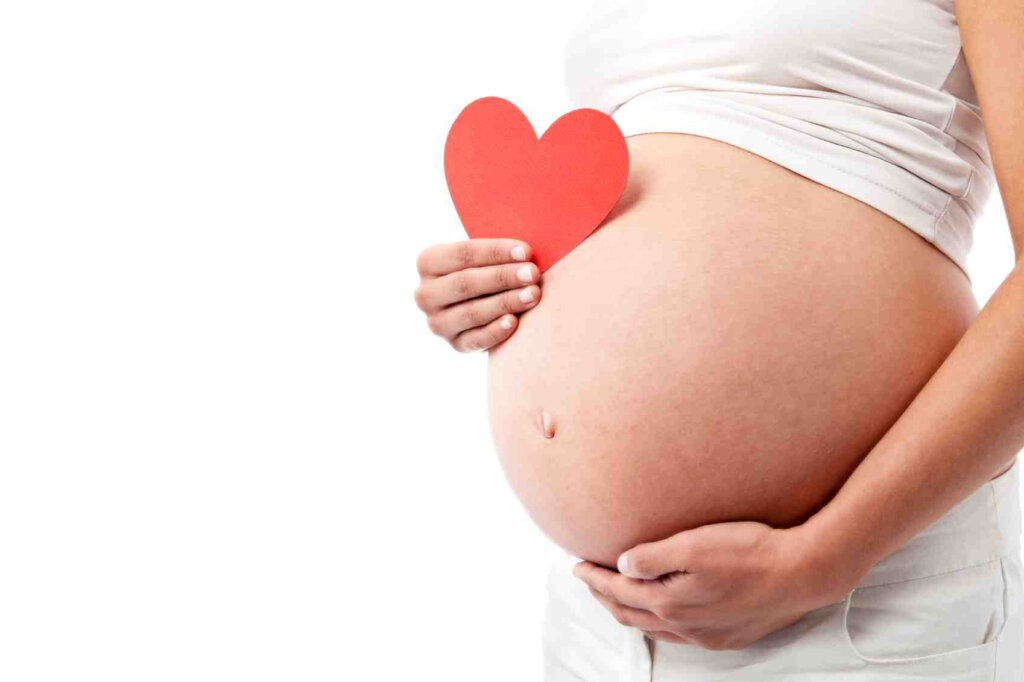
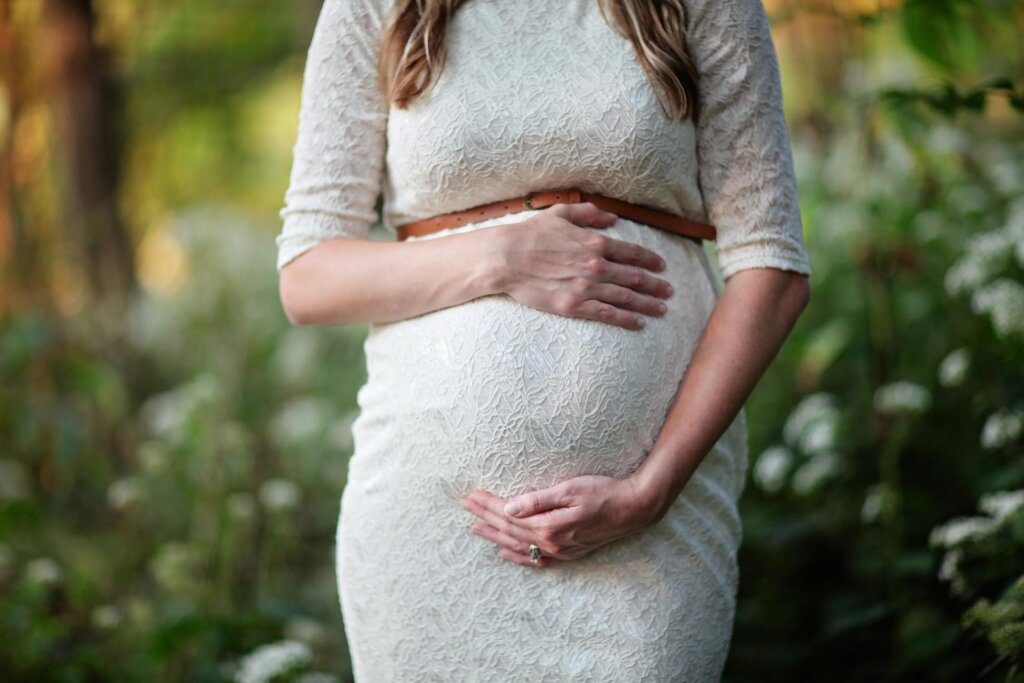
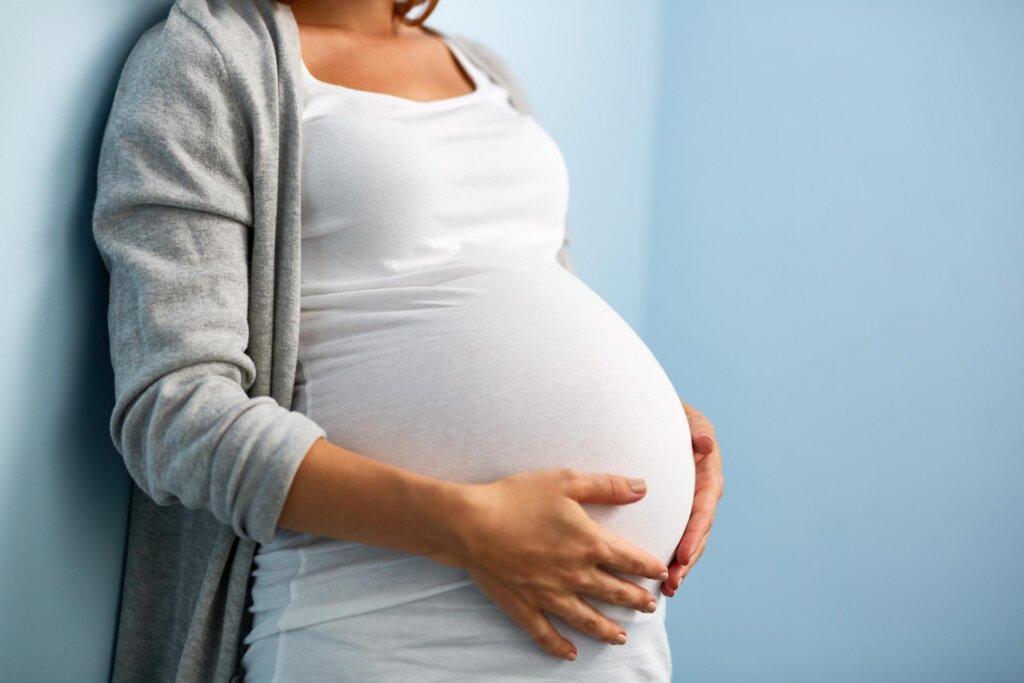
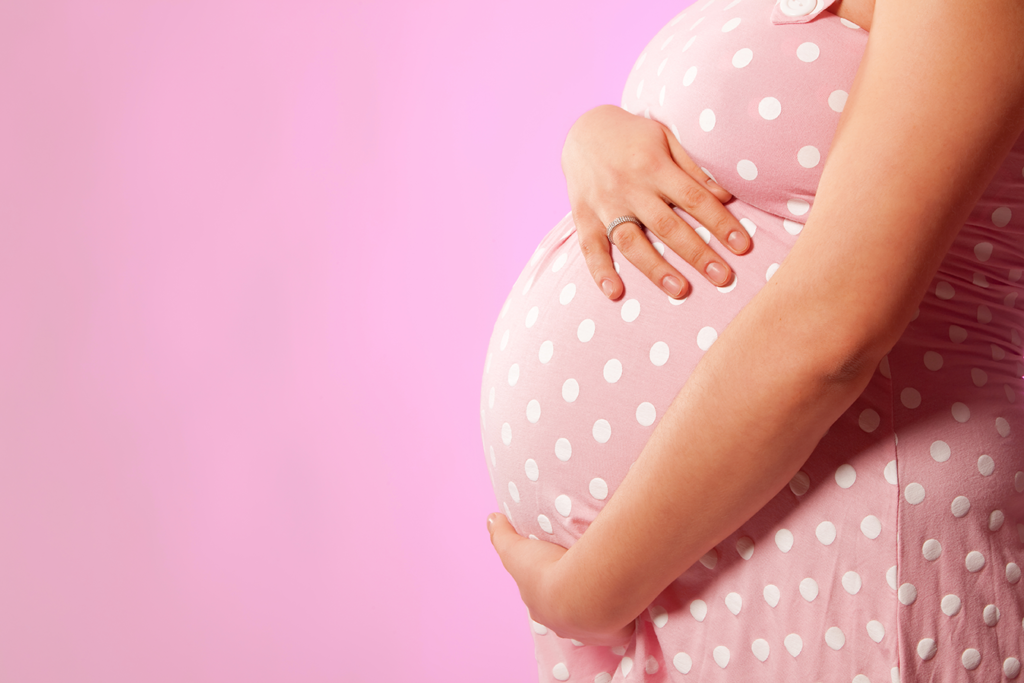
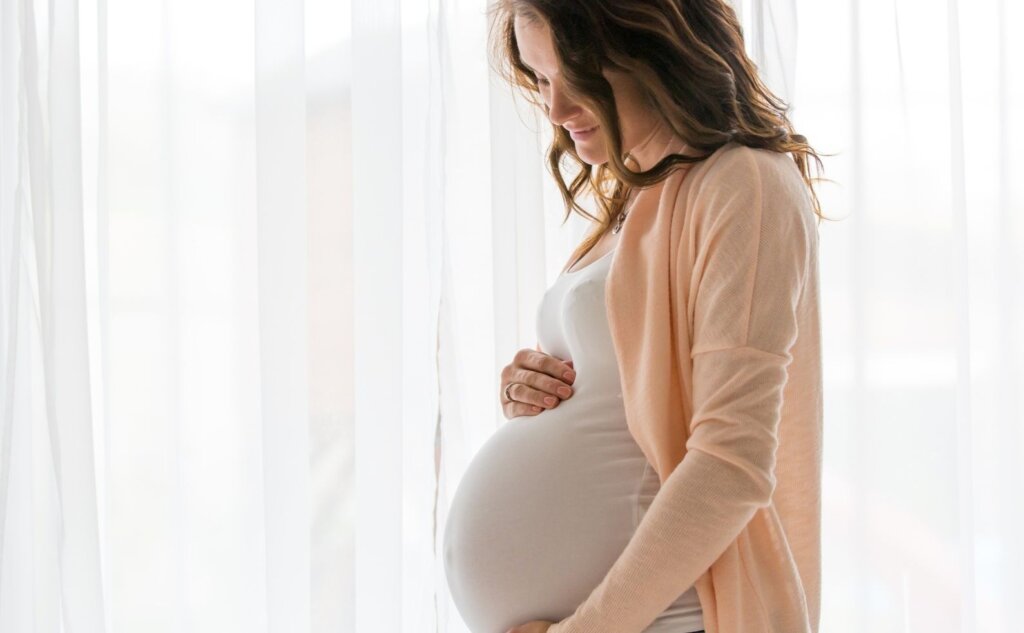
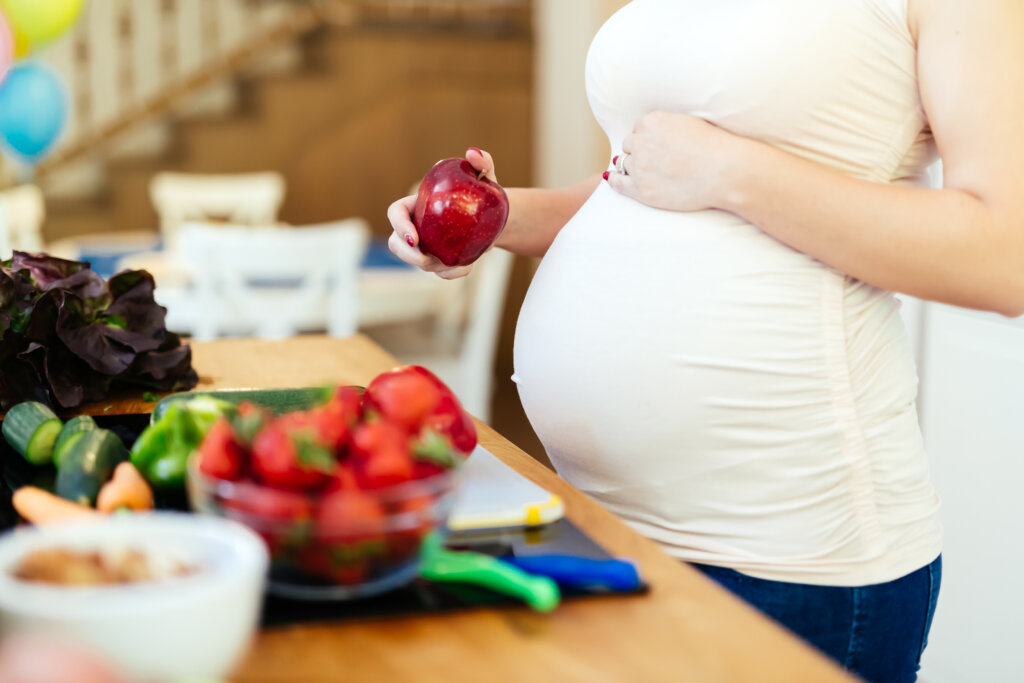
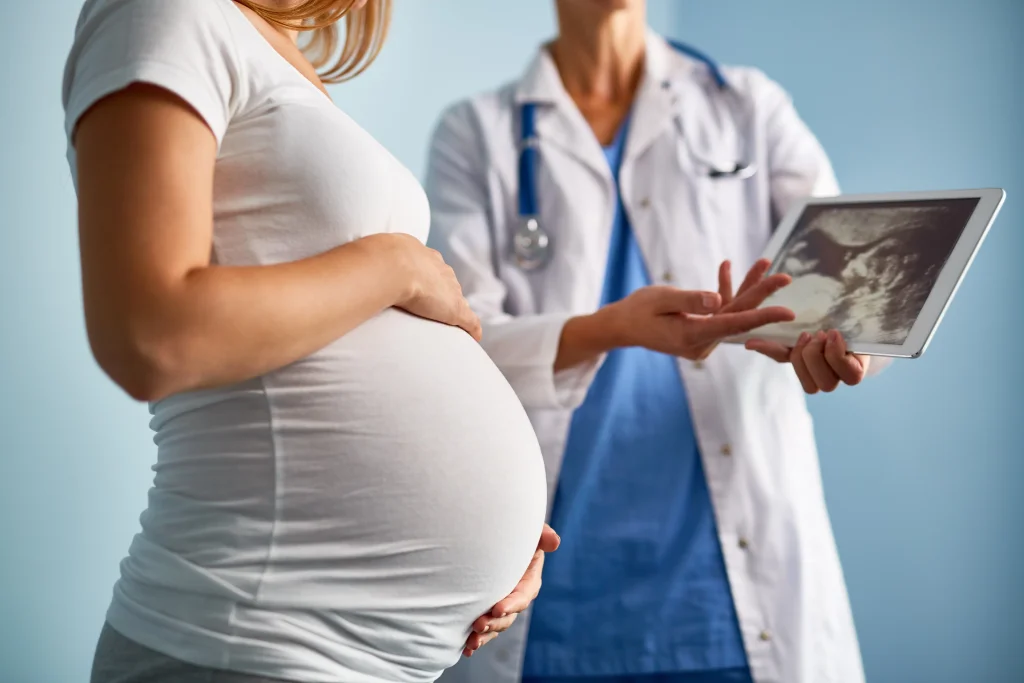
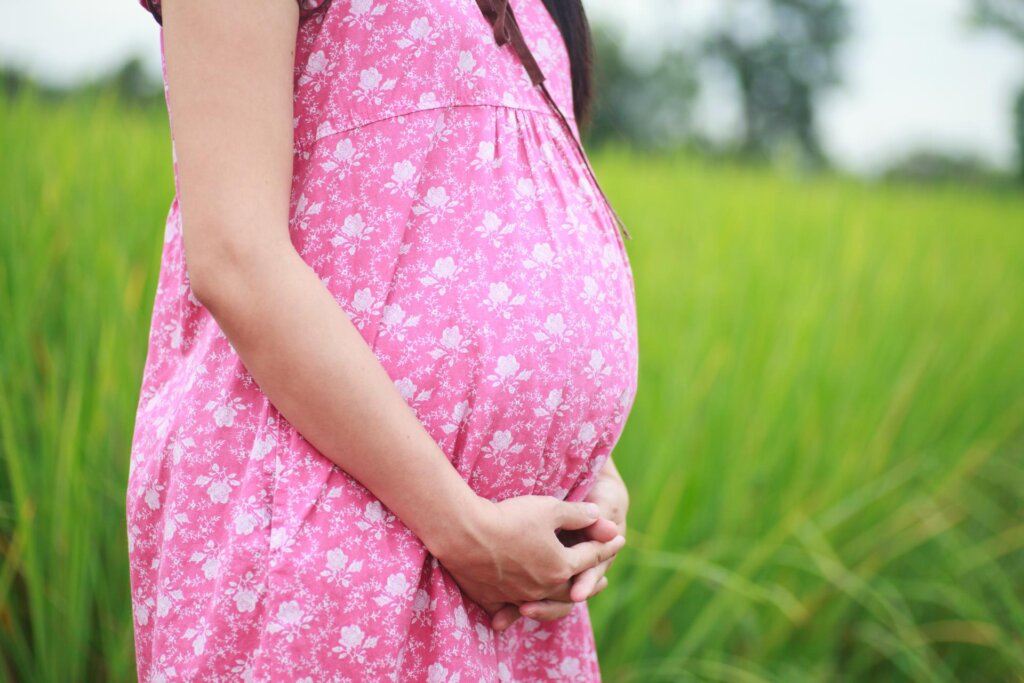
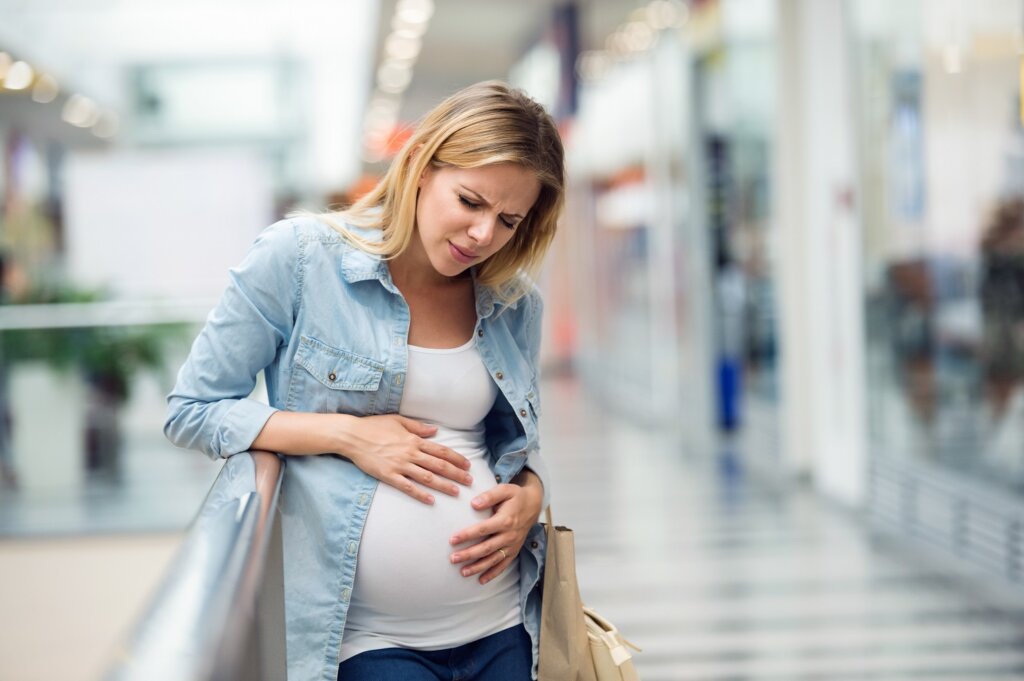
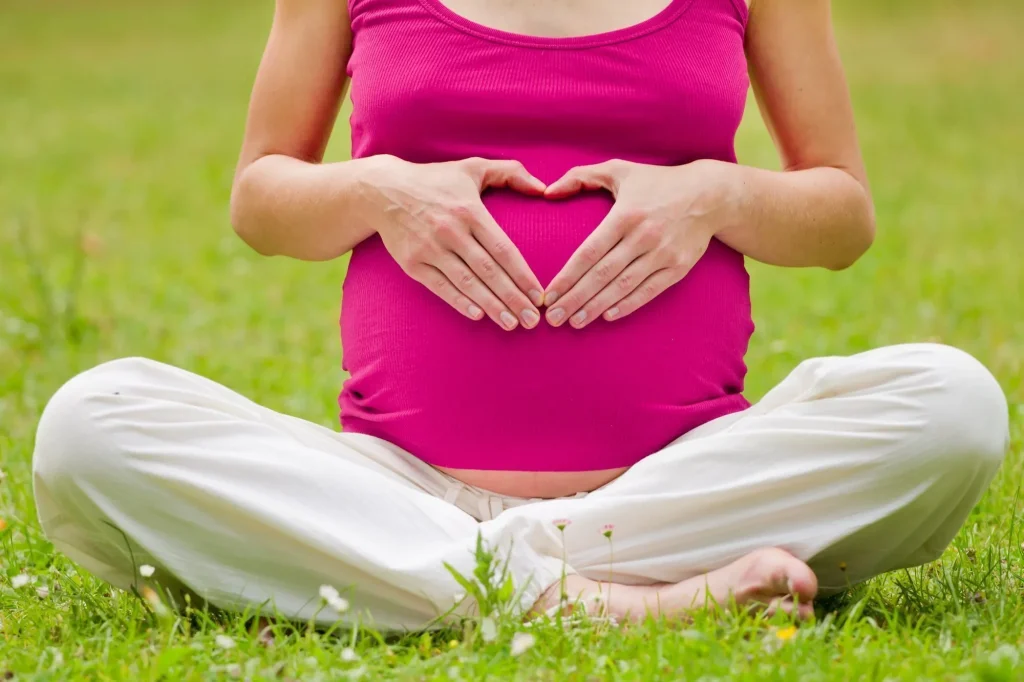
0 Comments